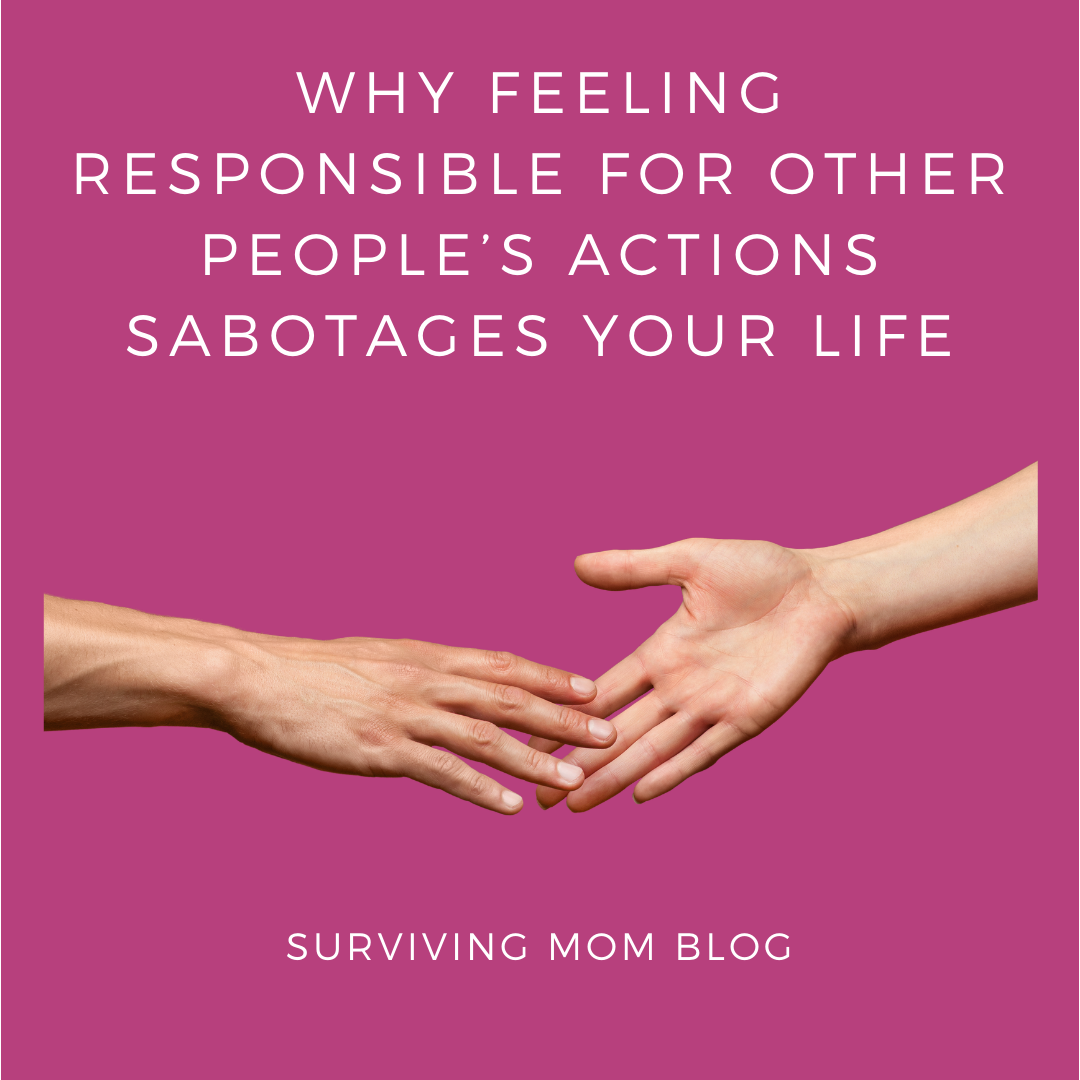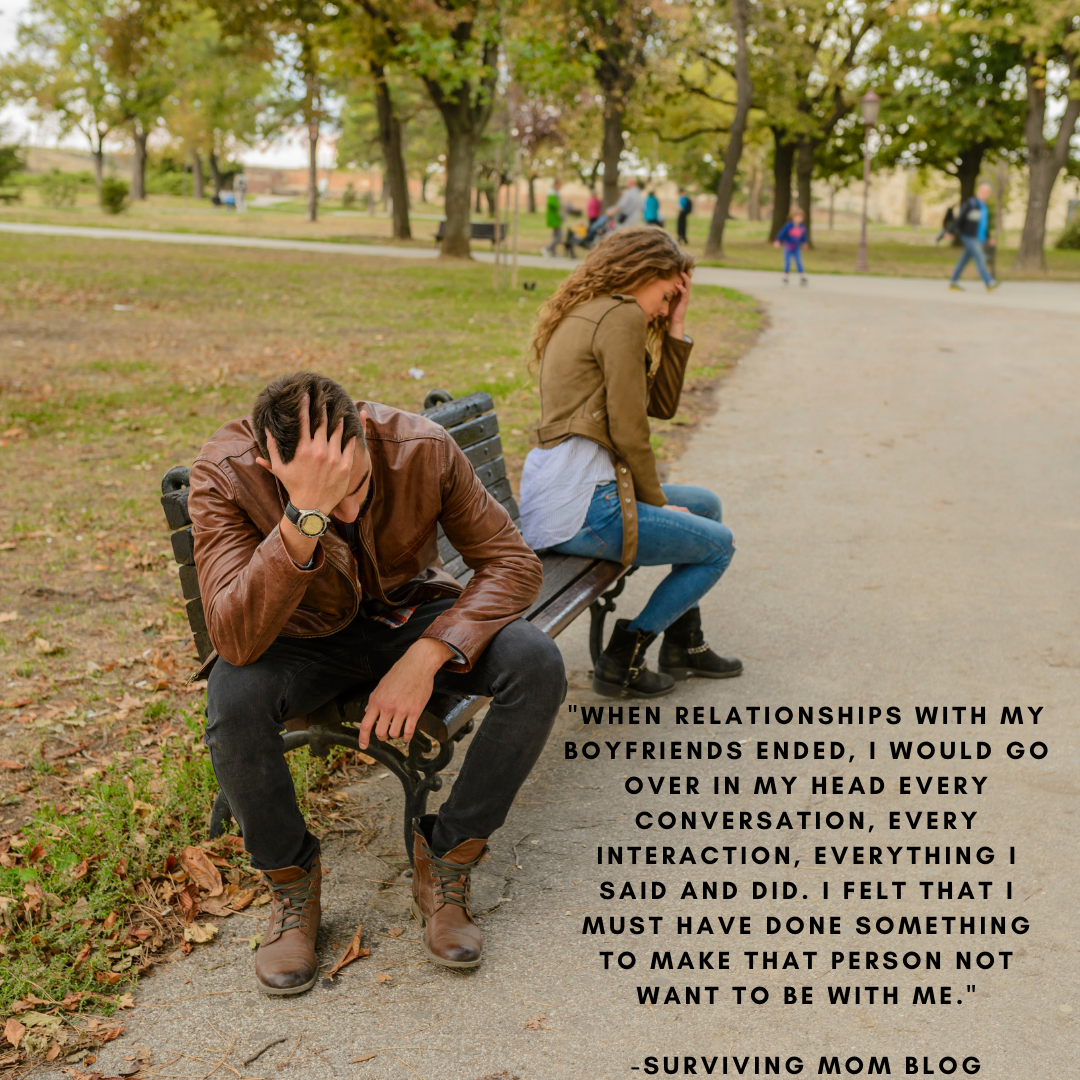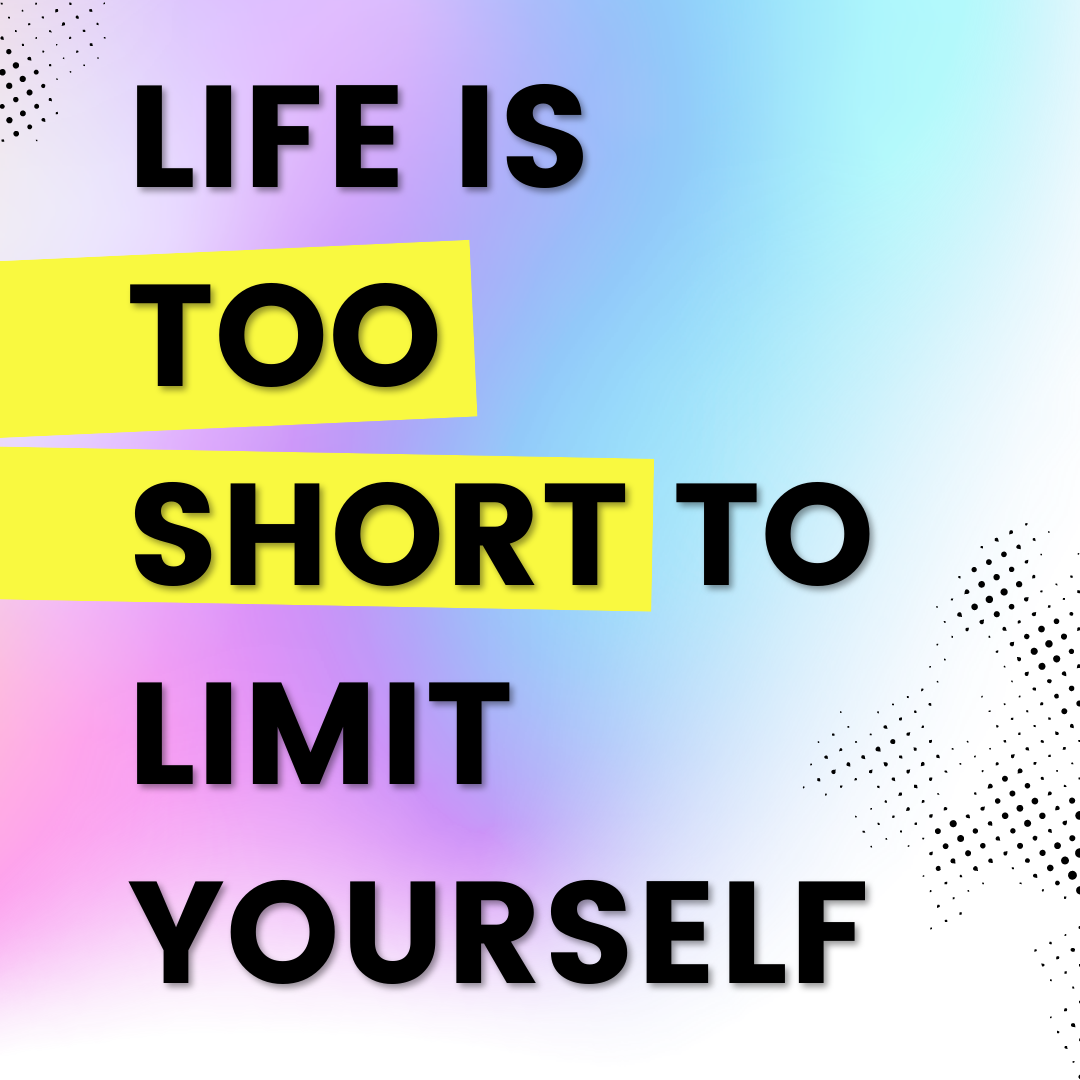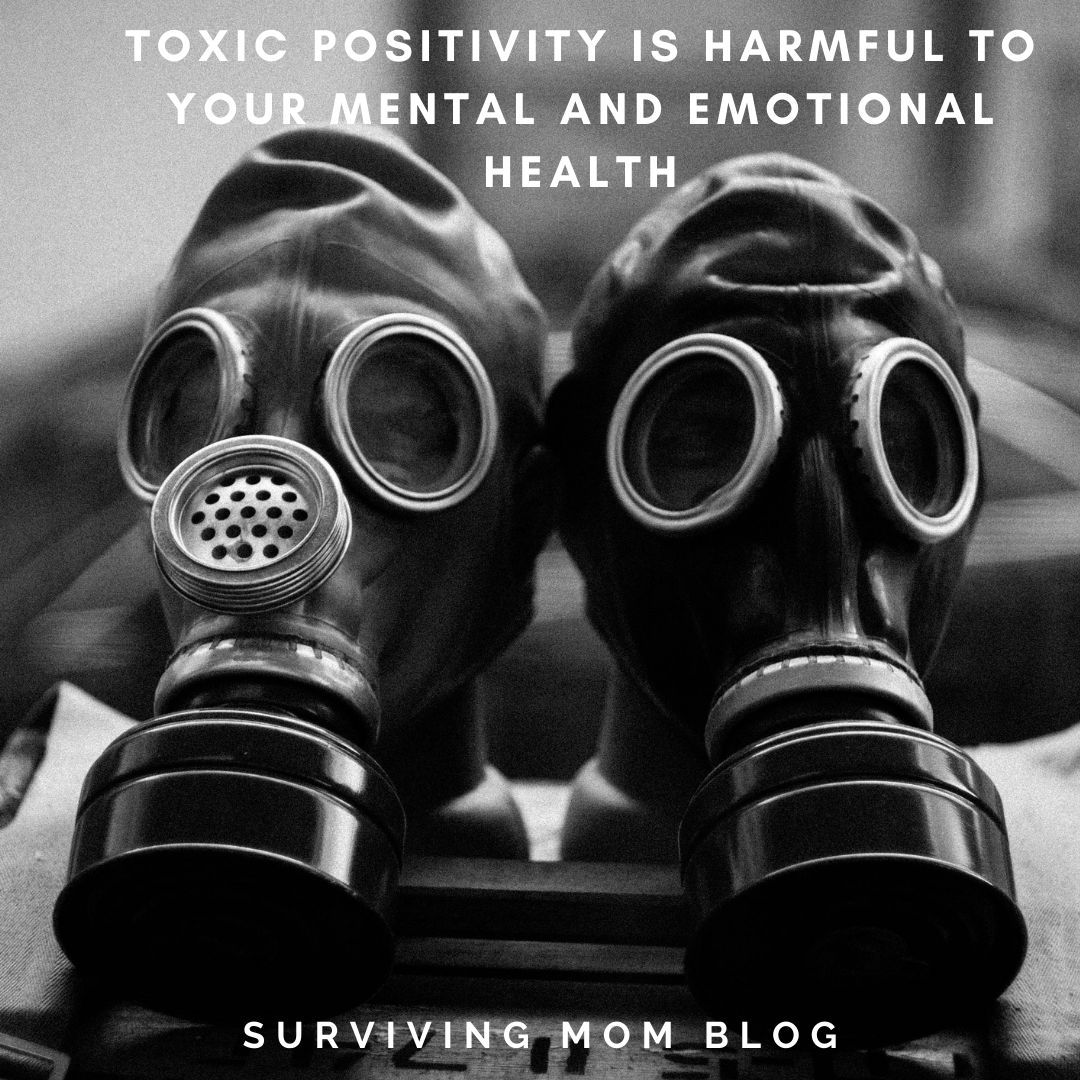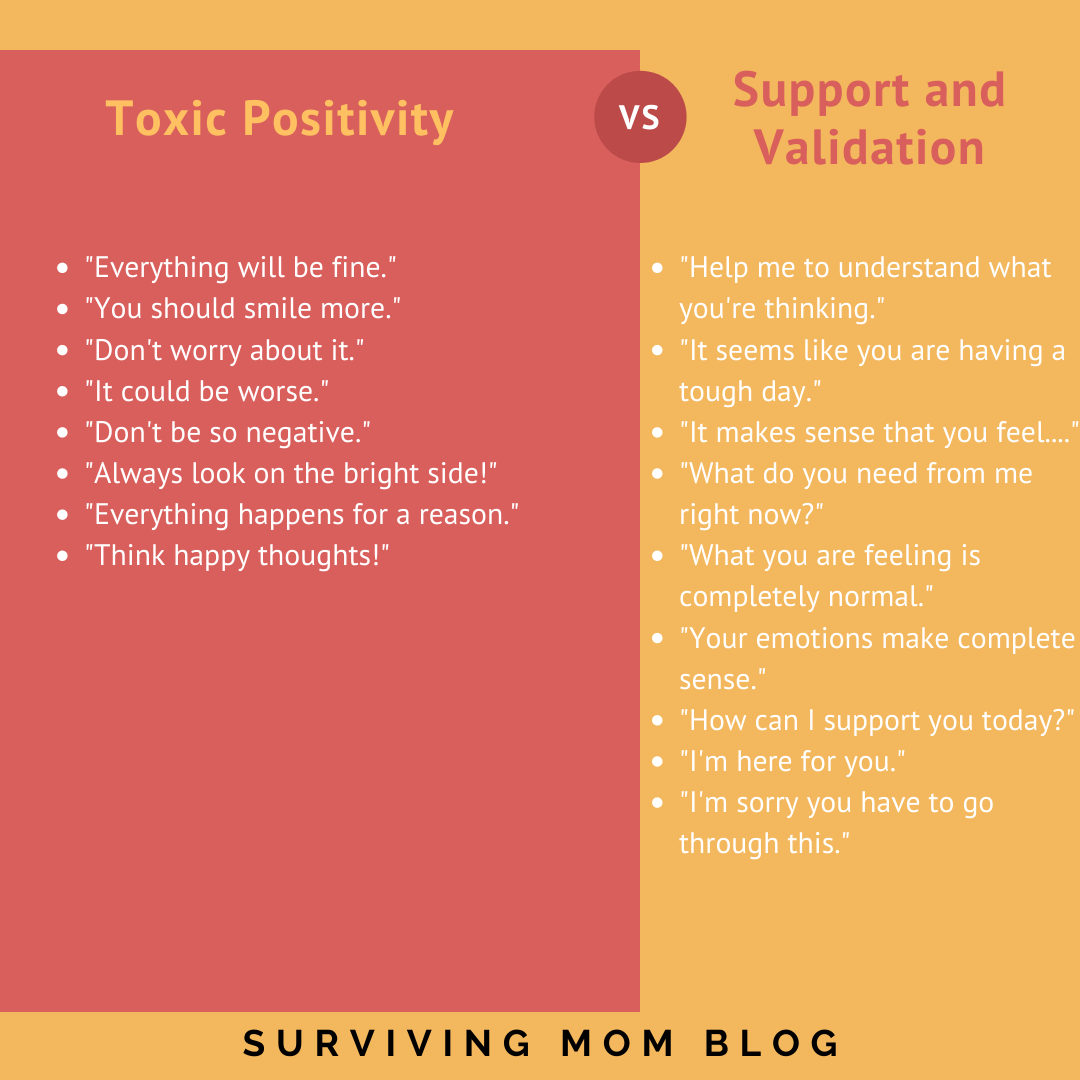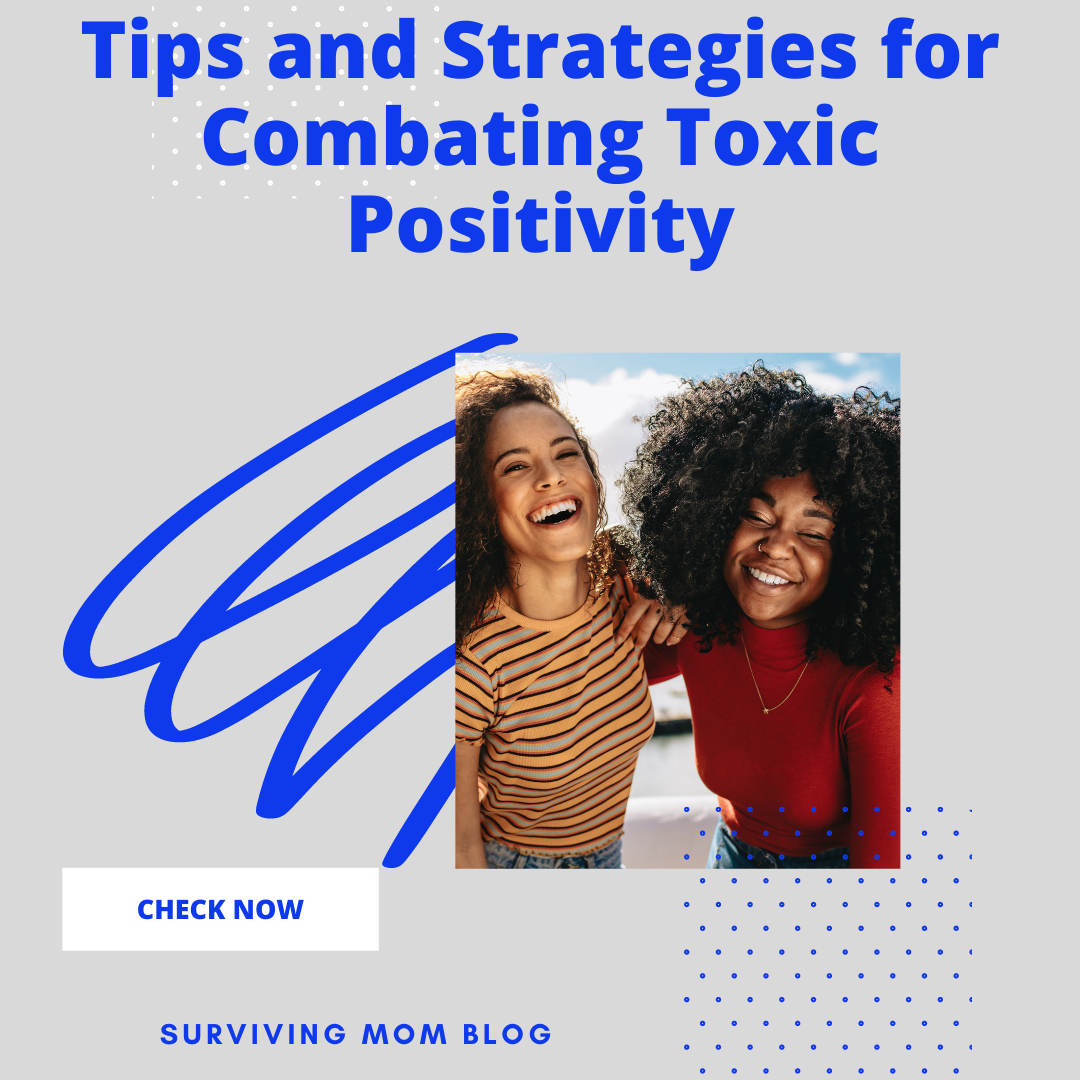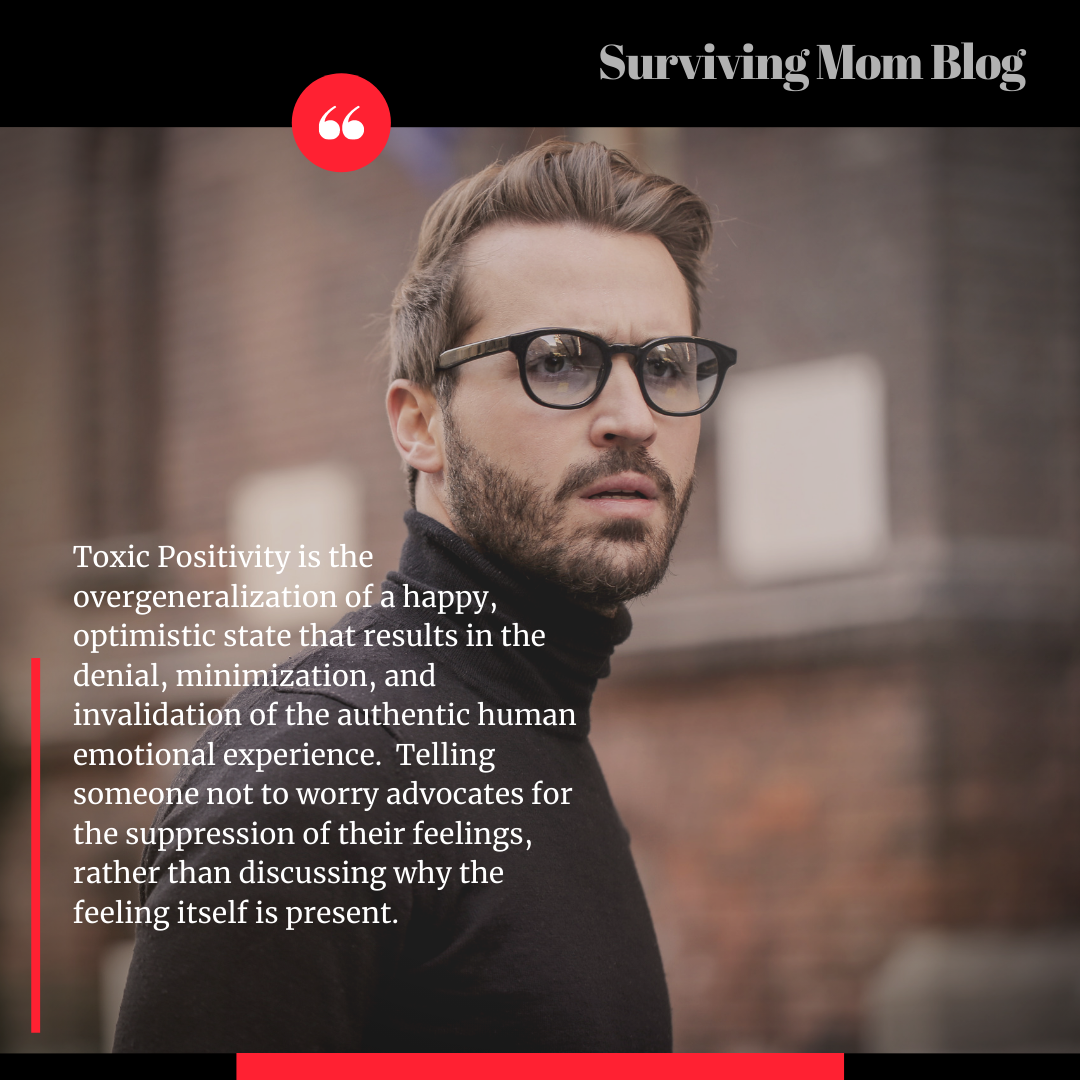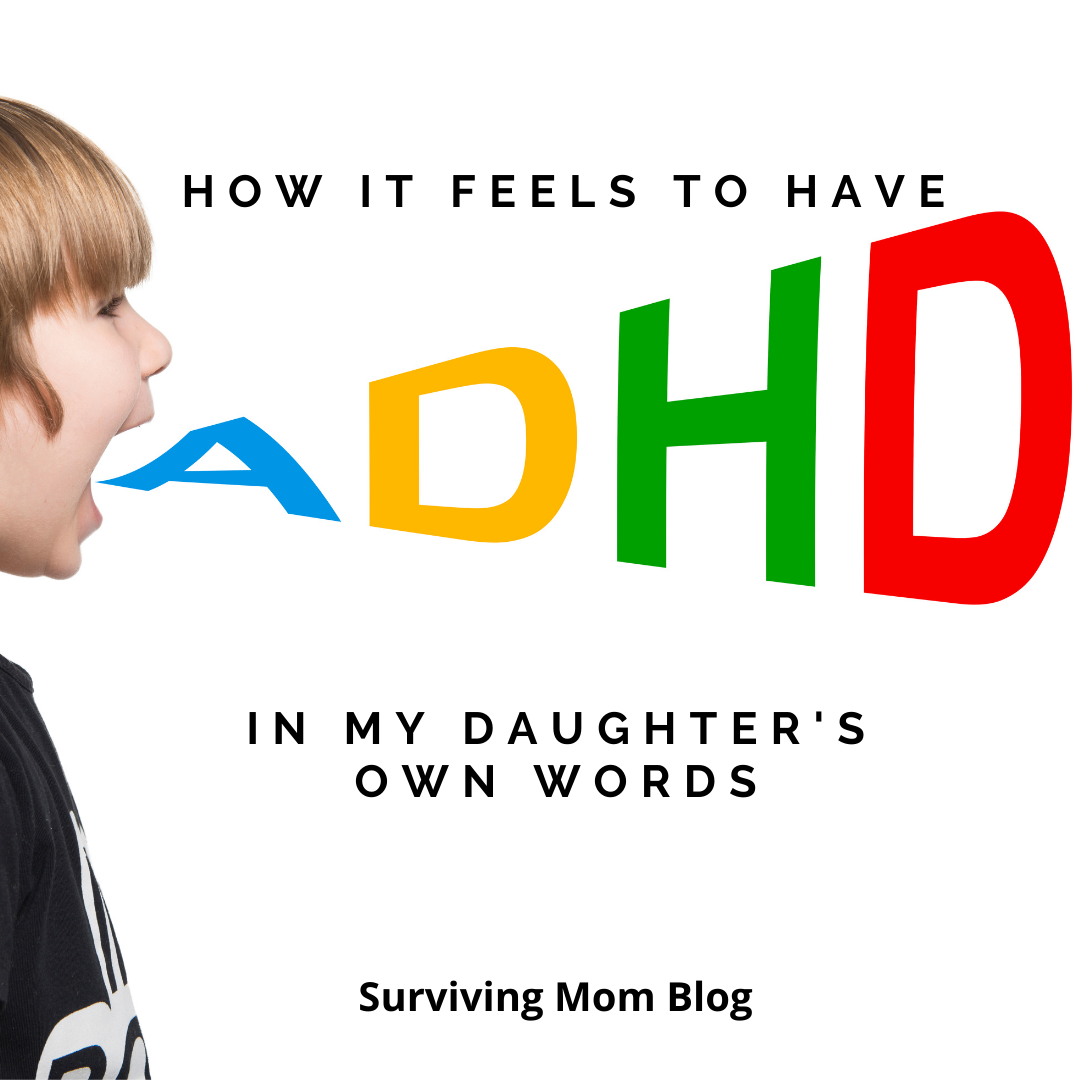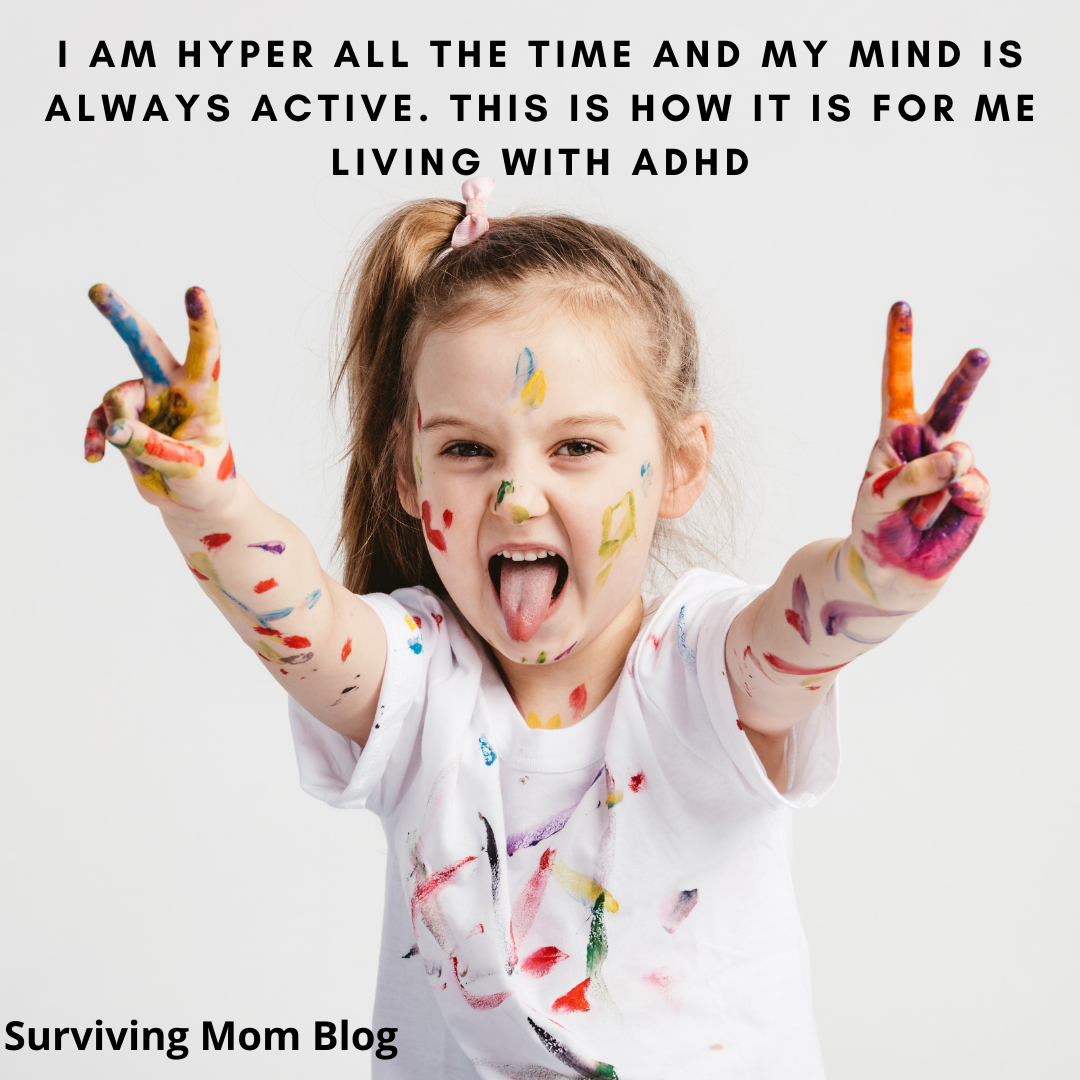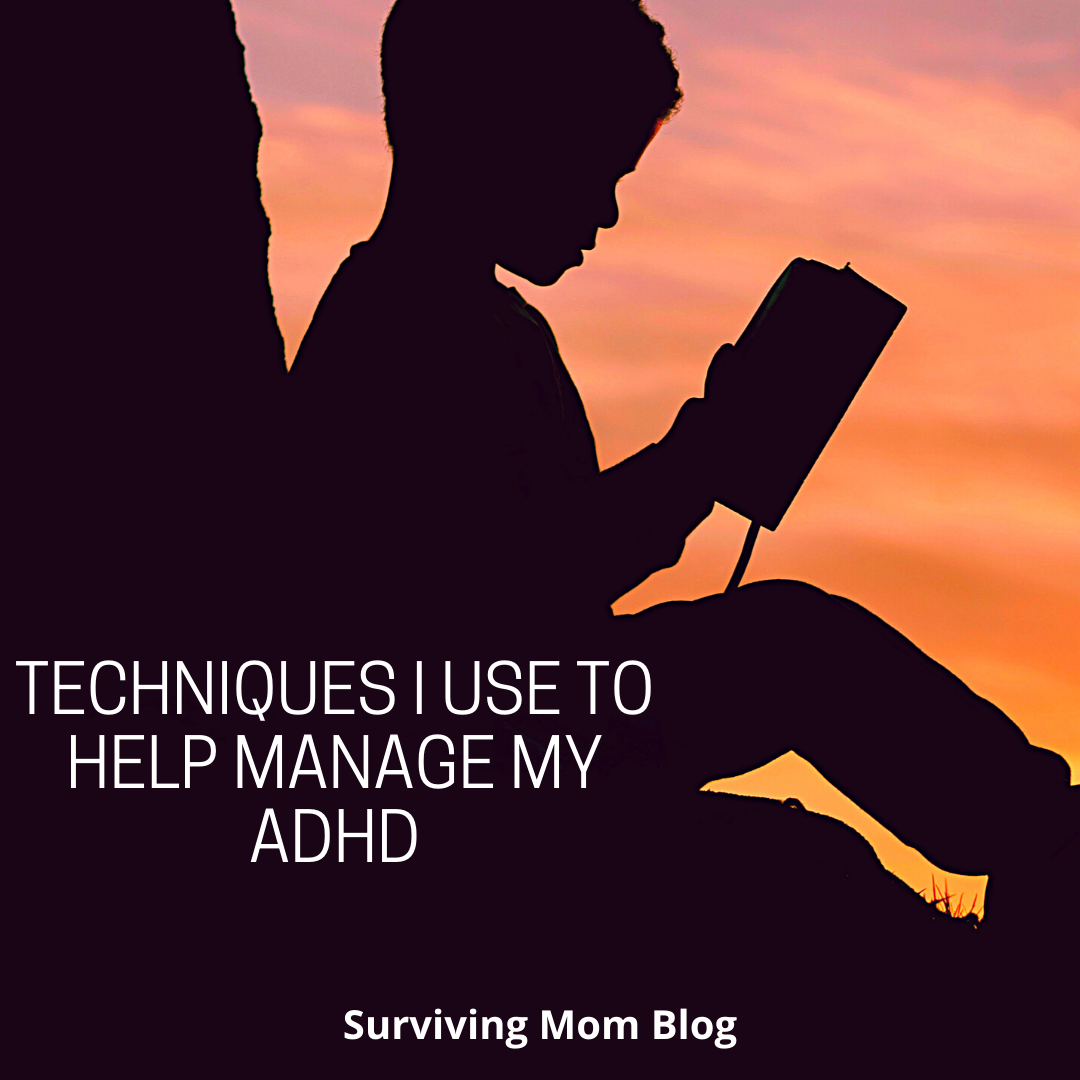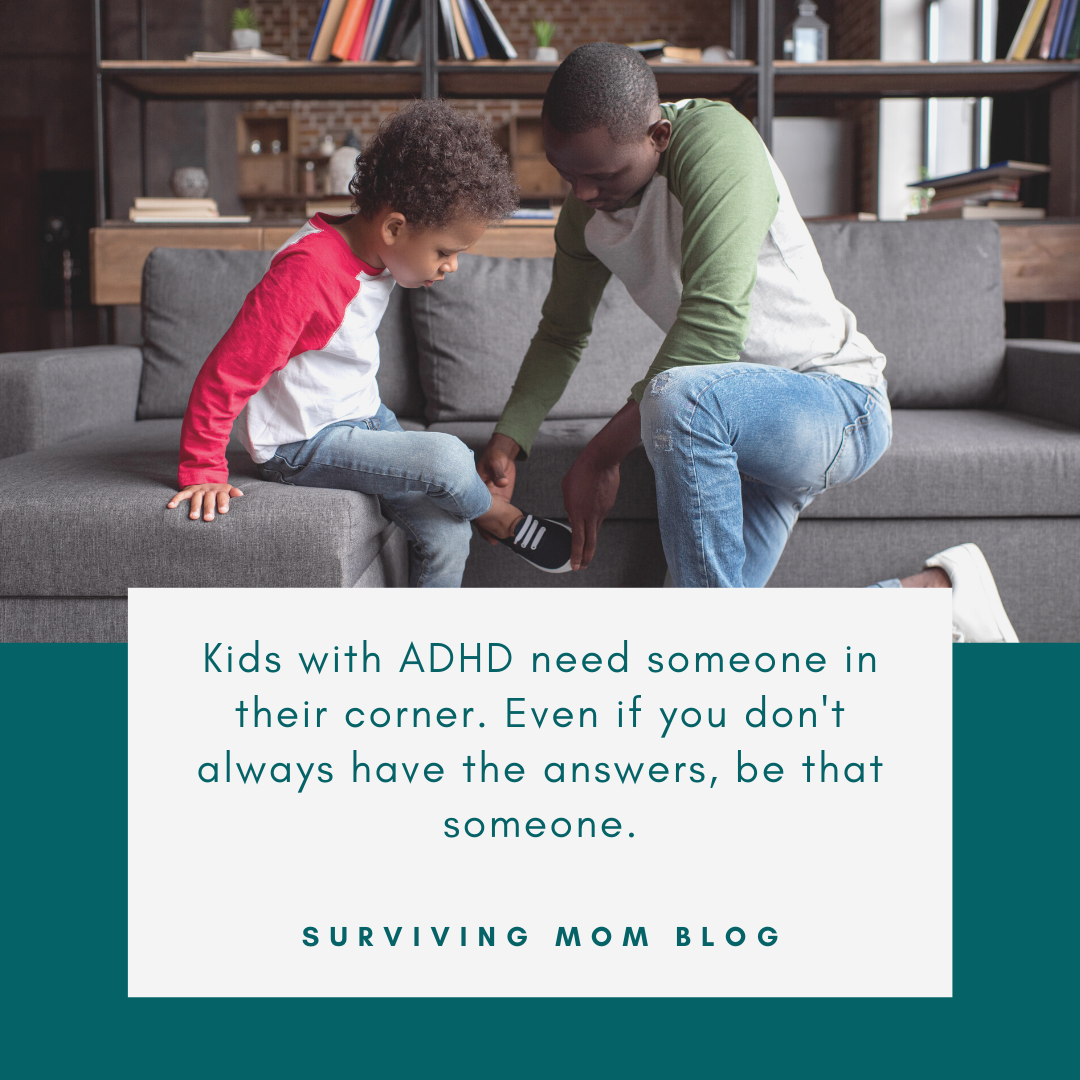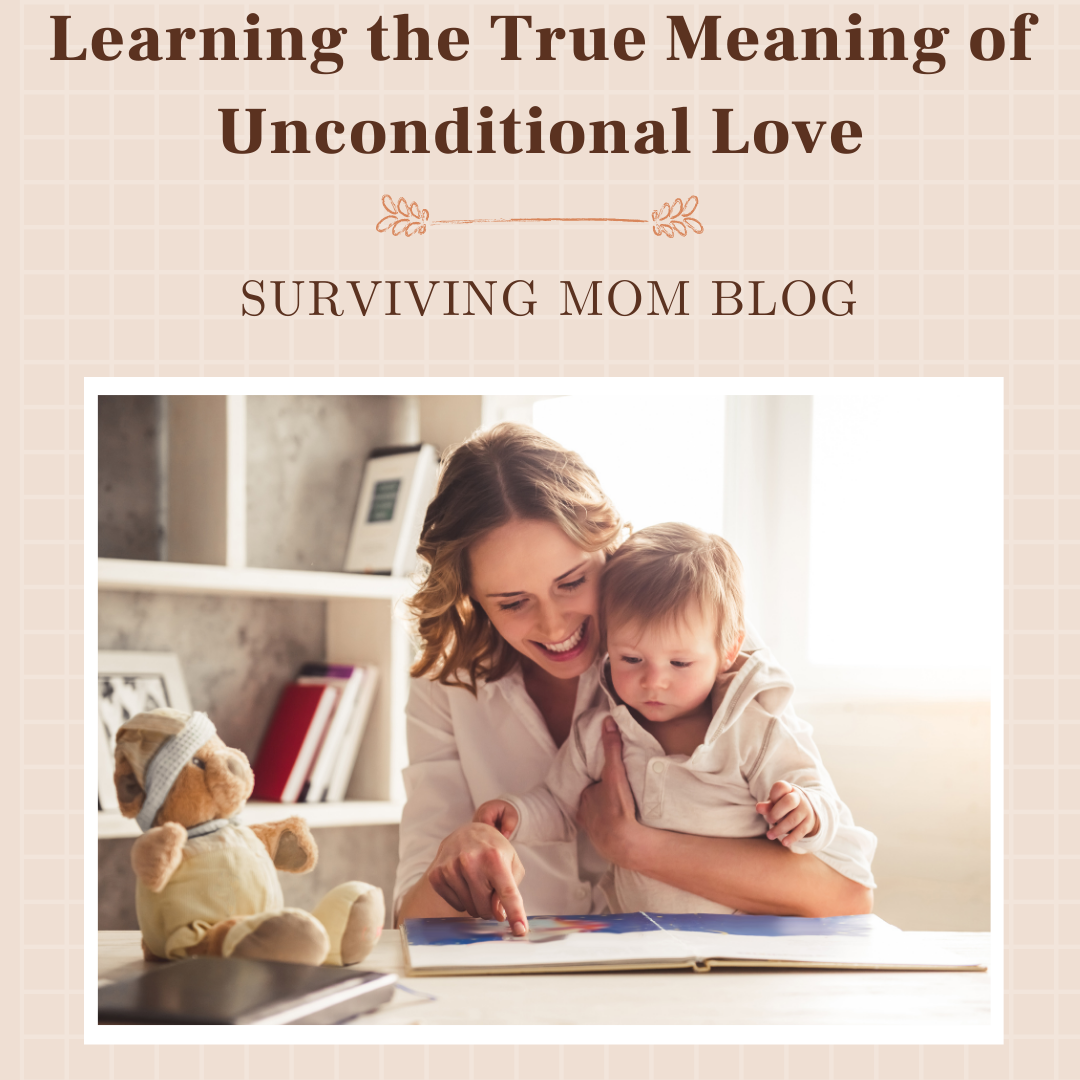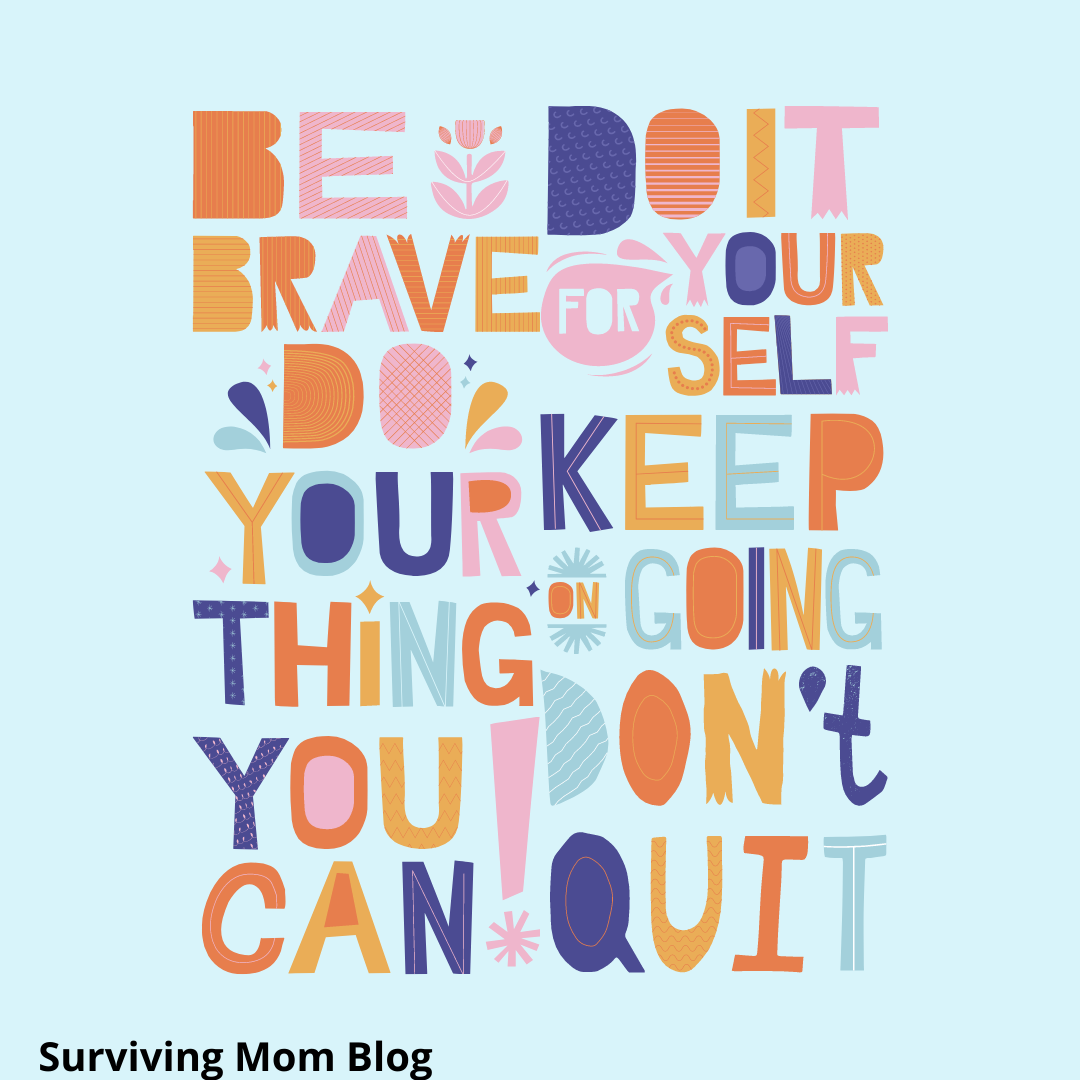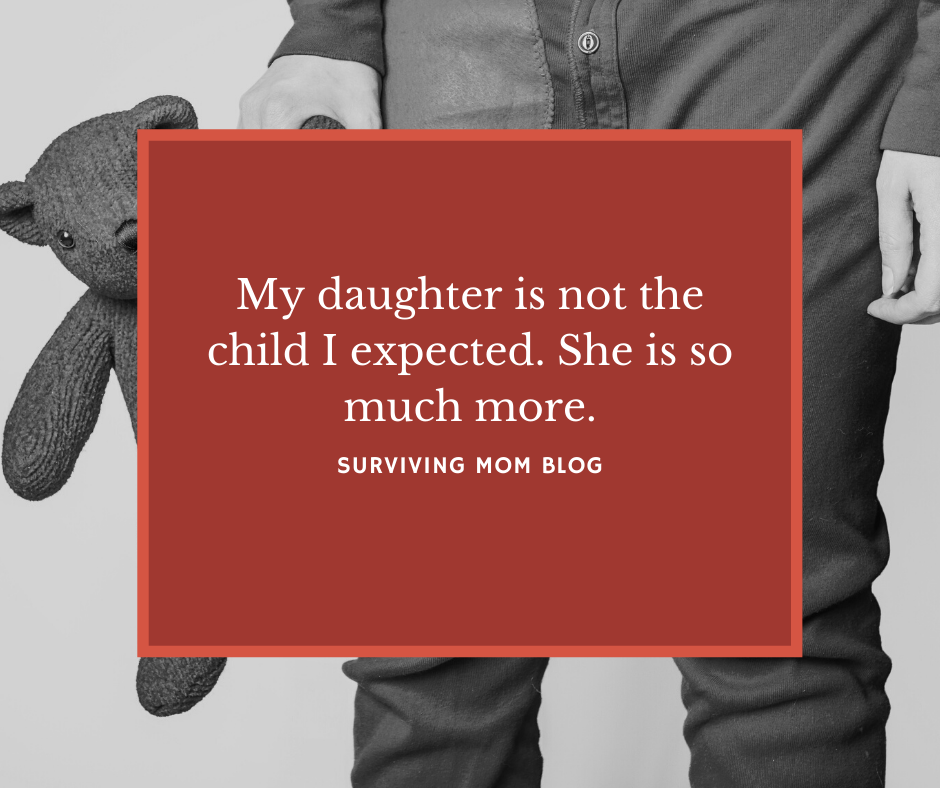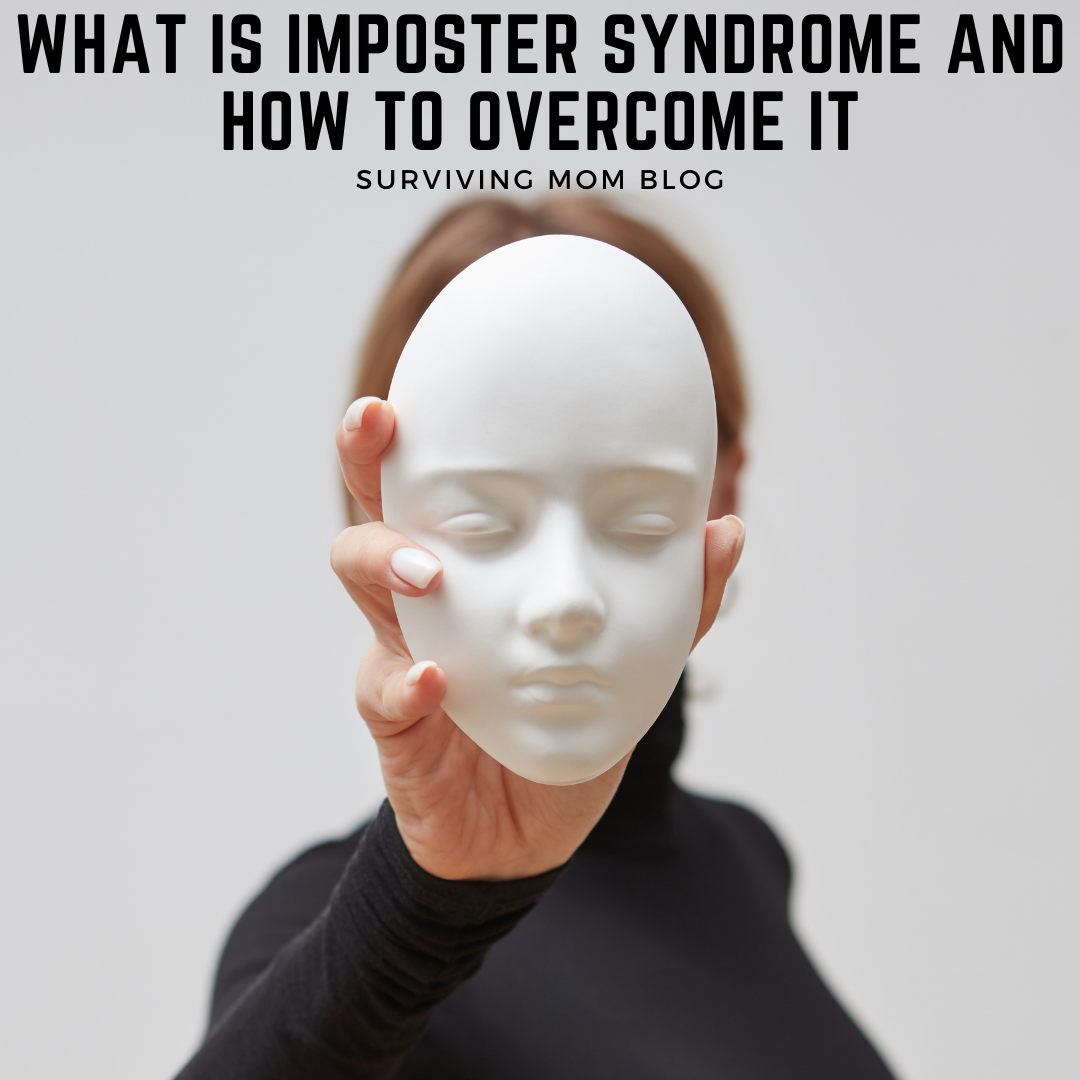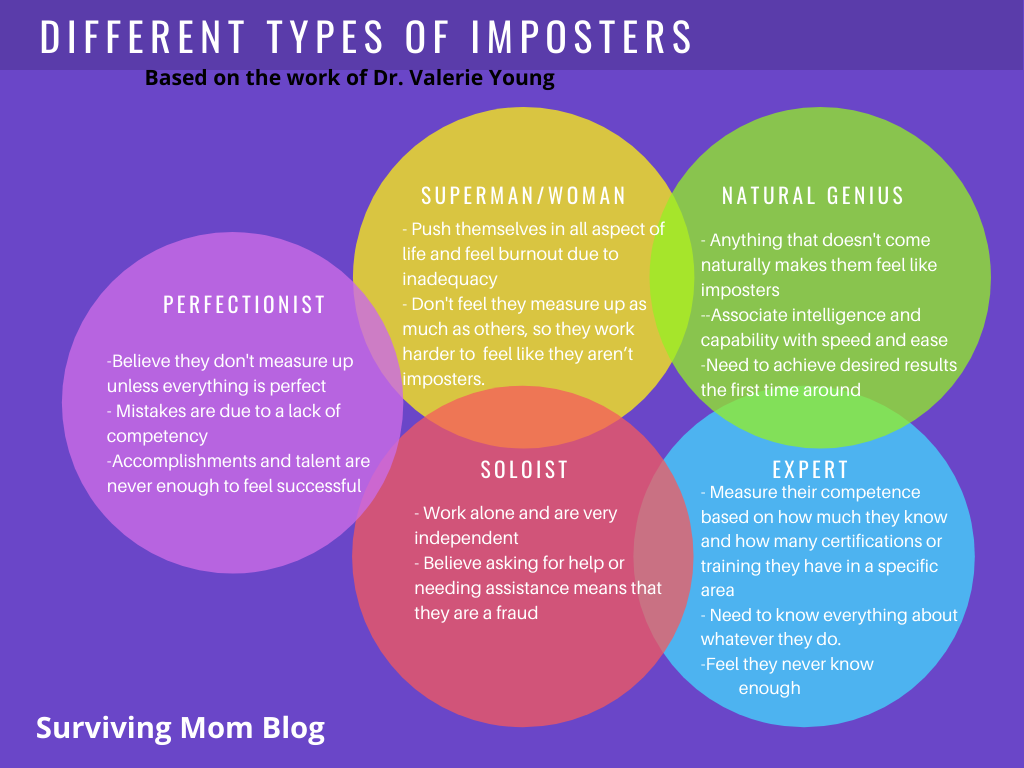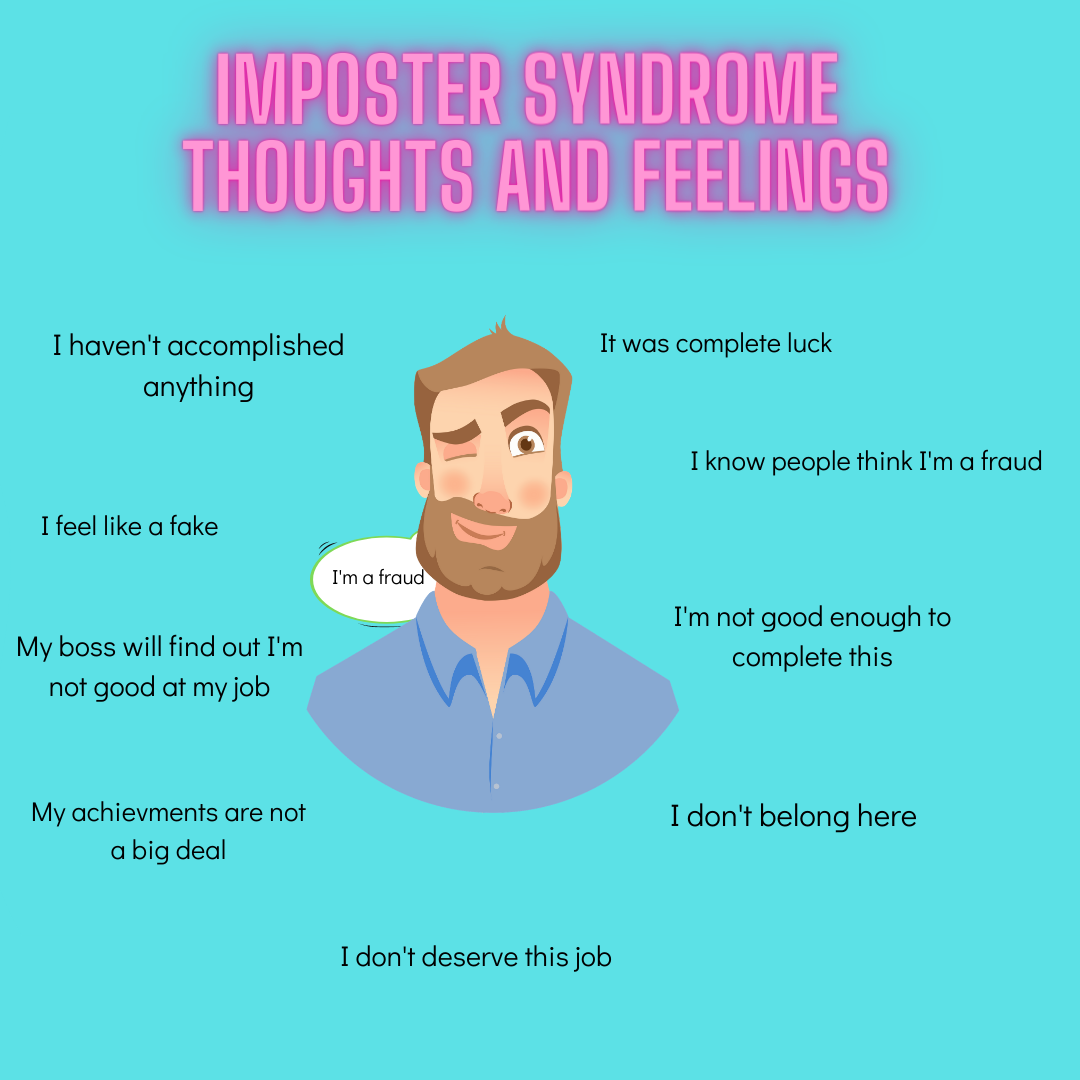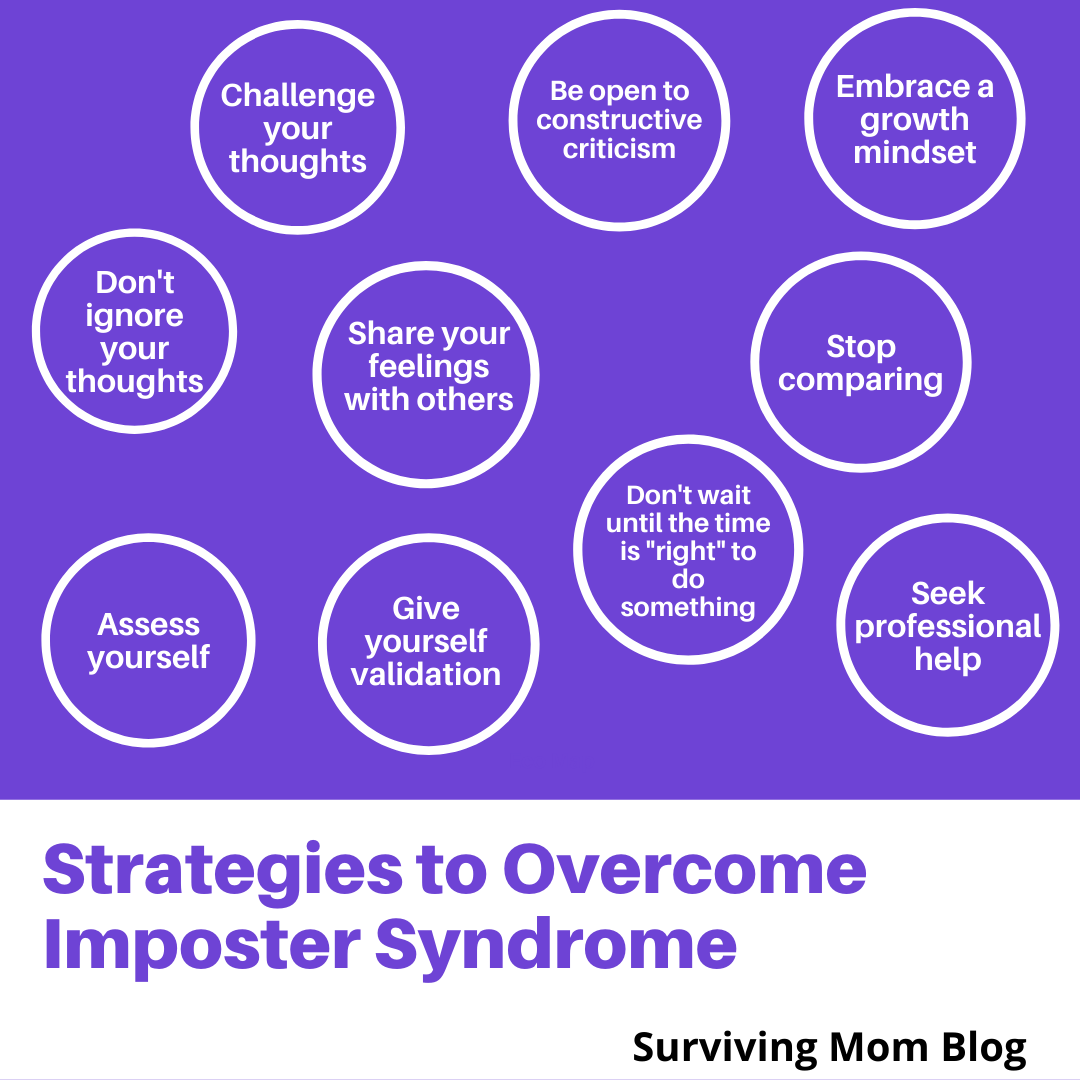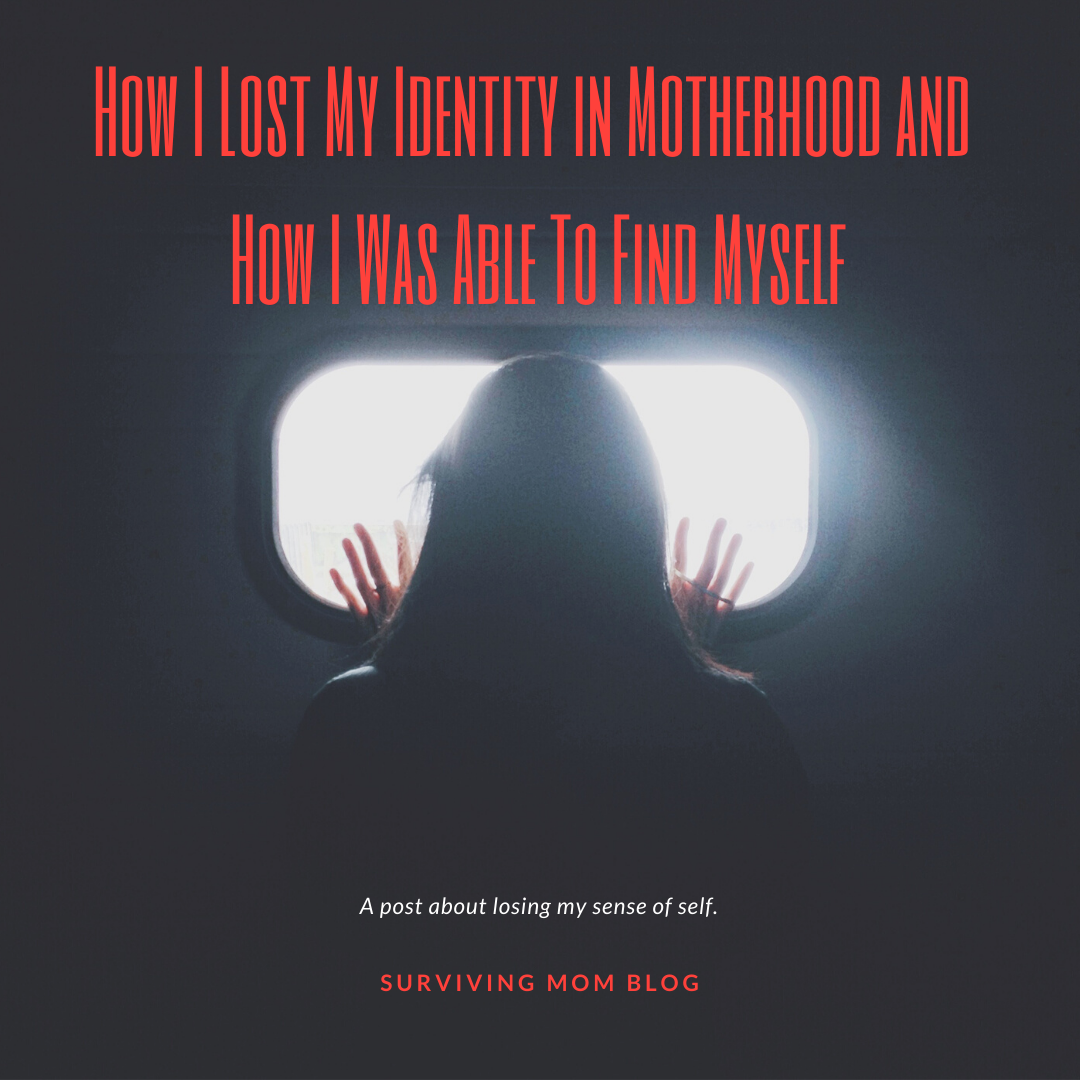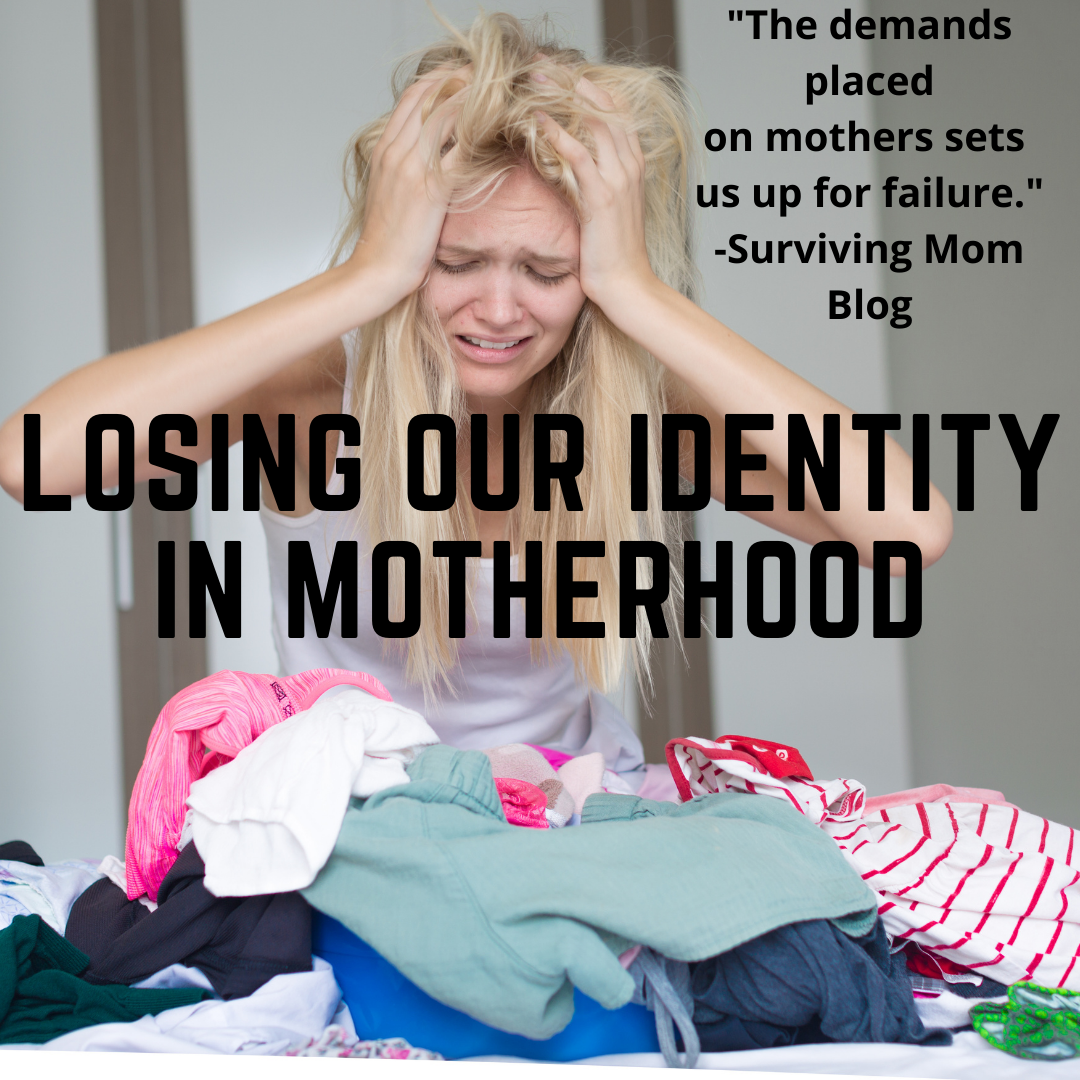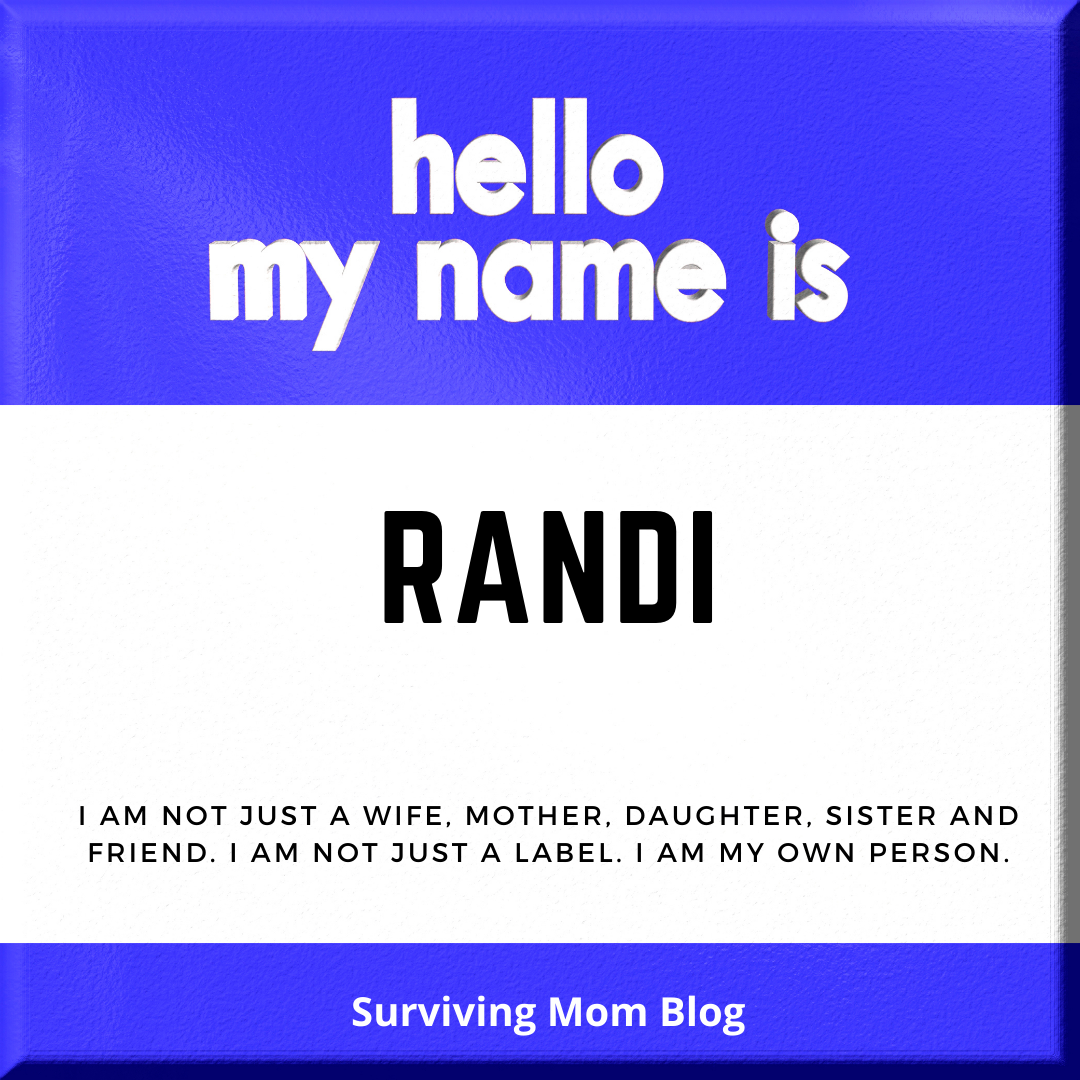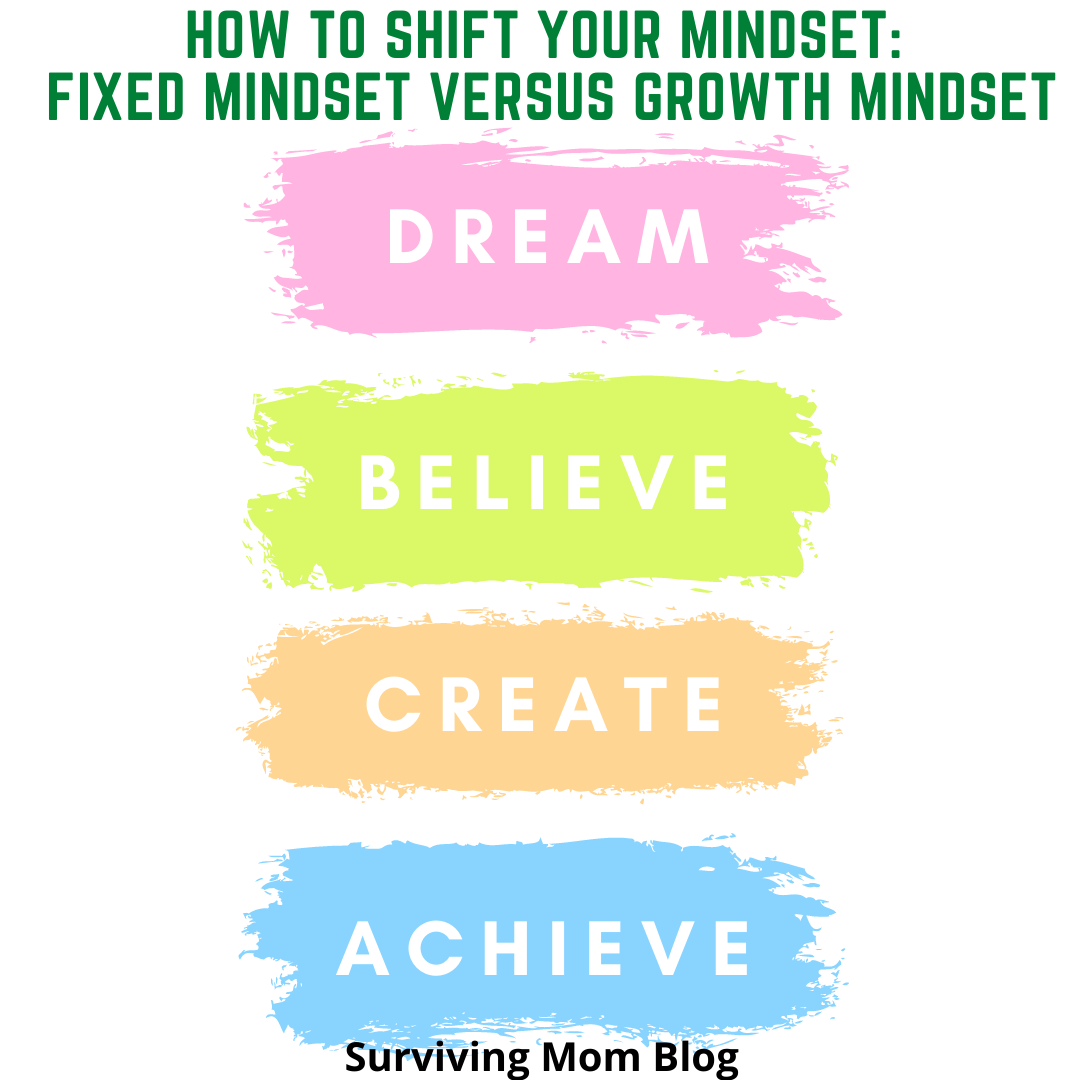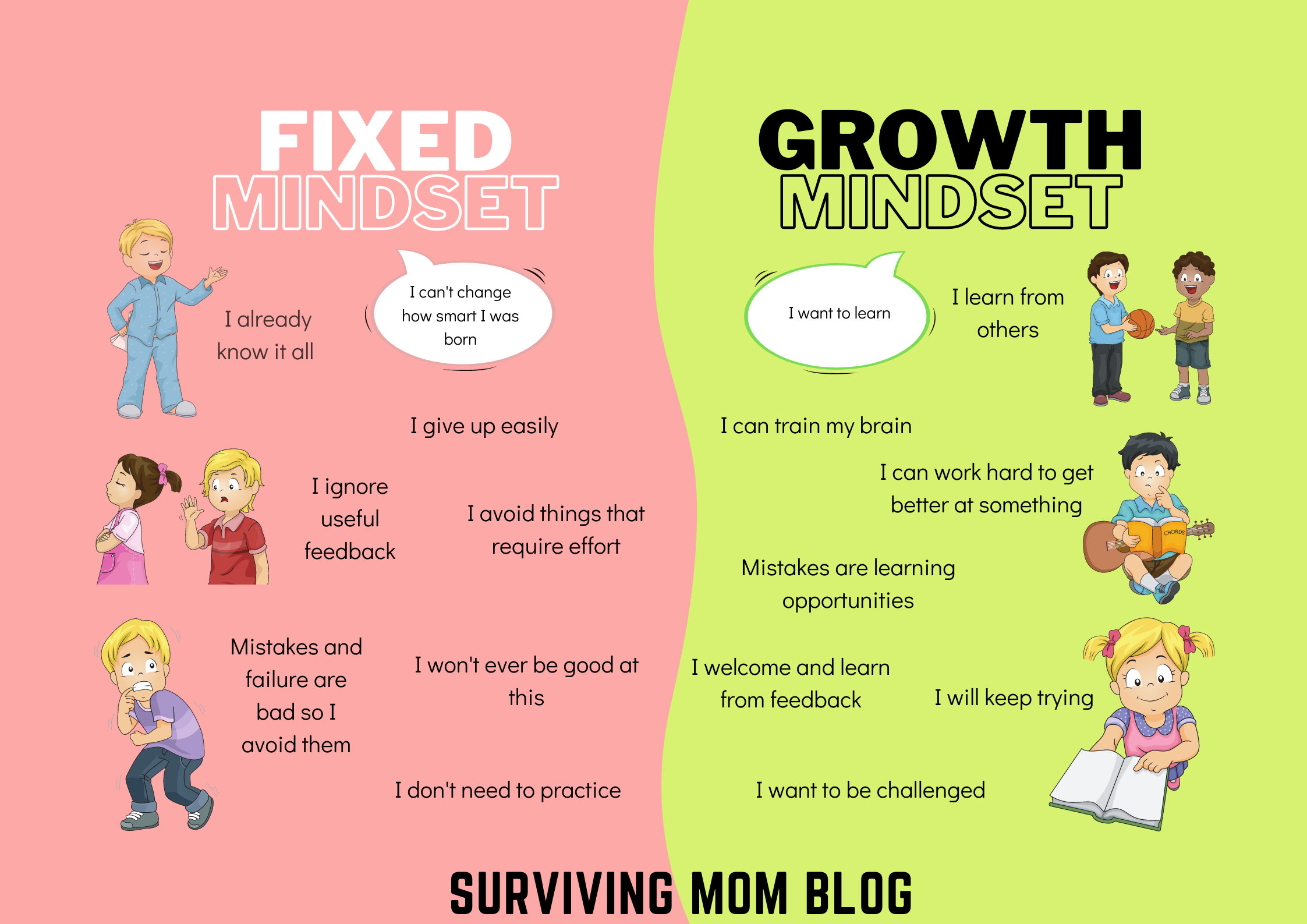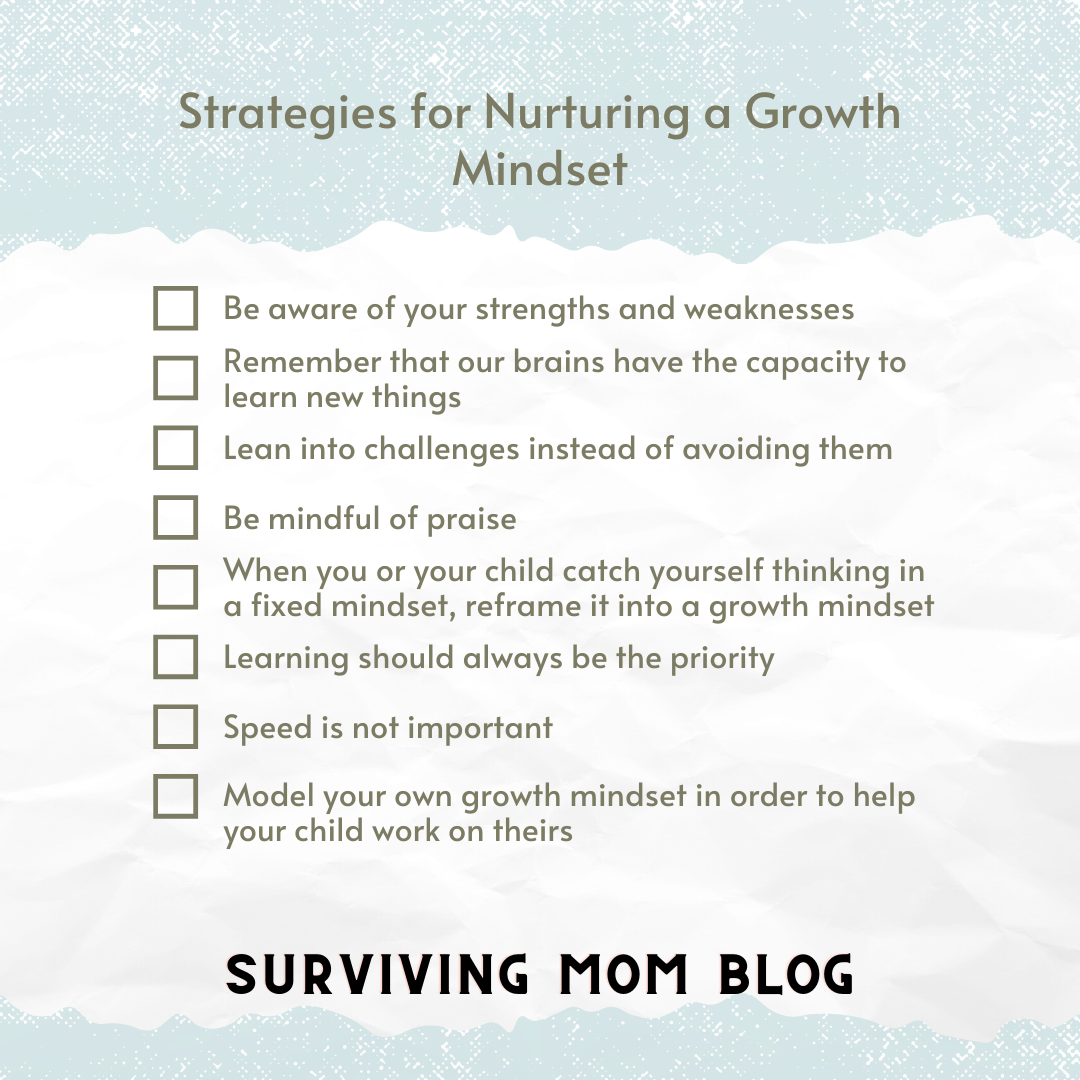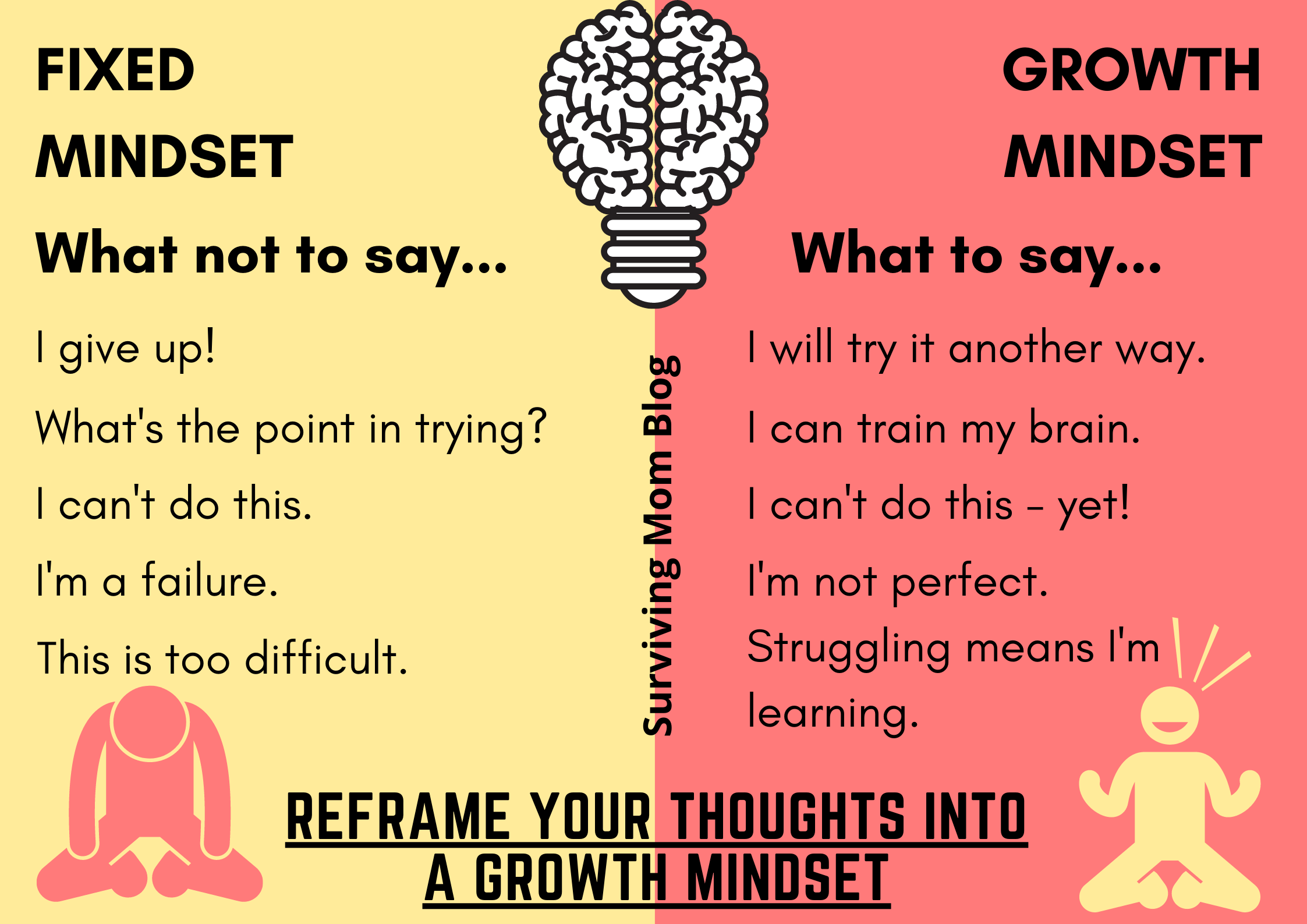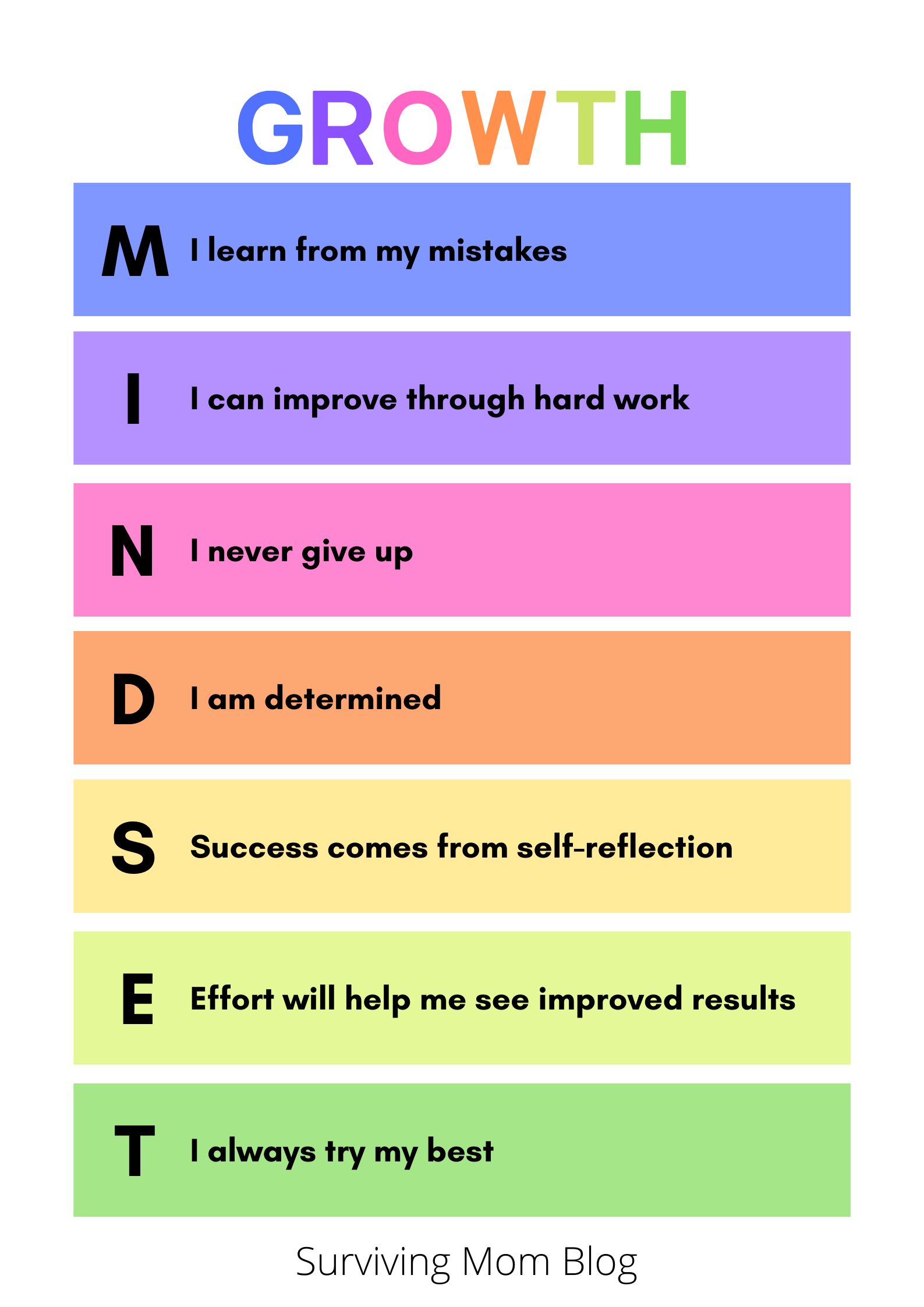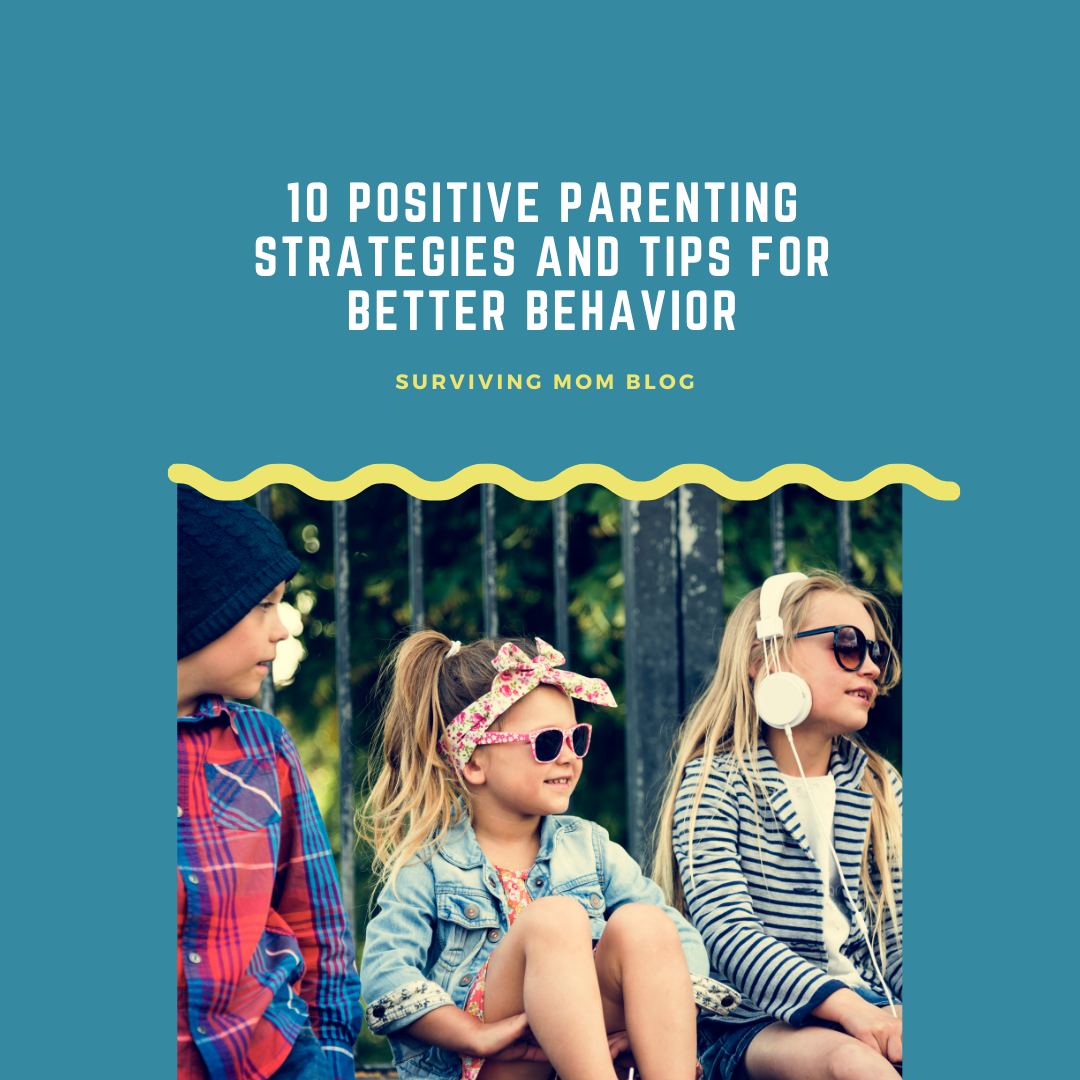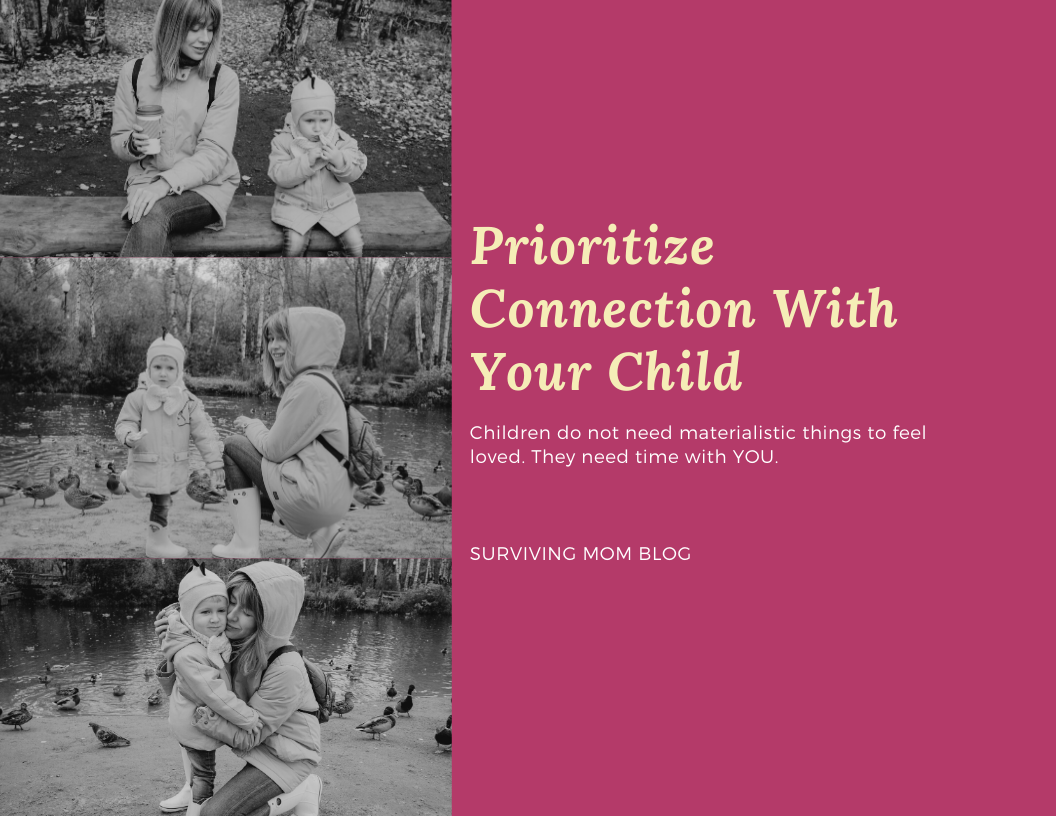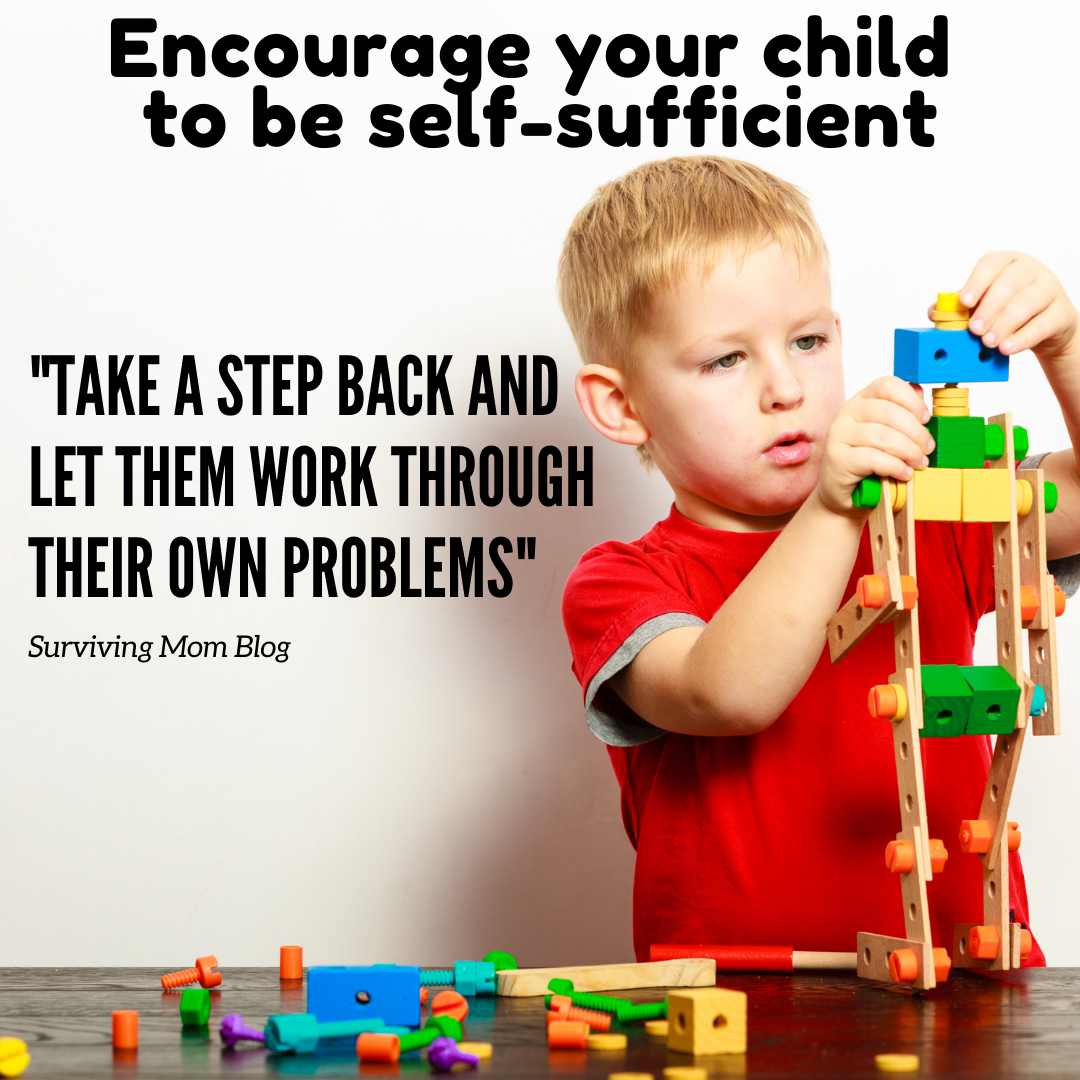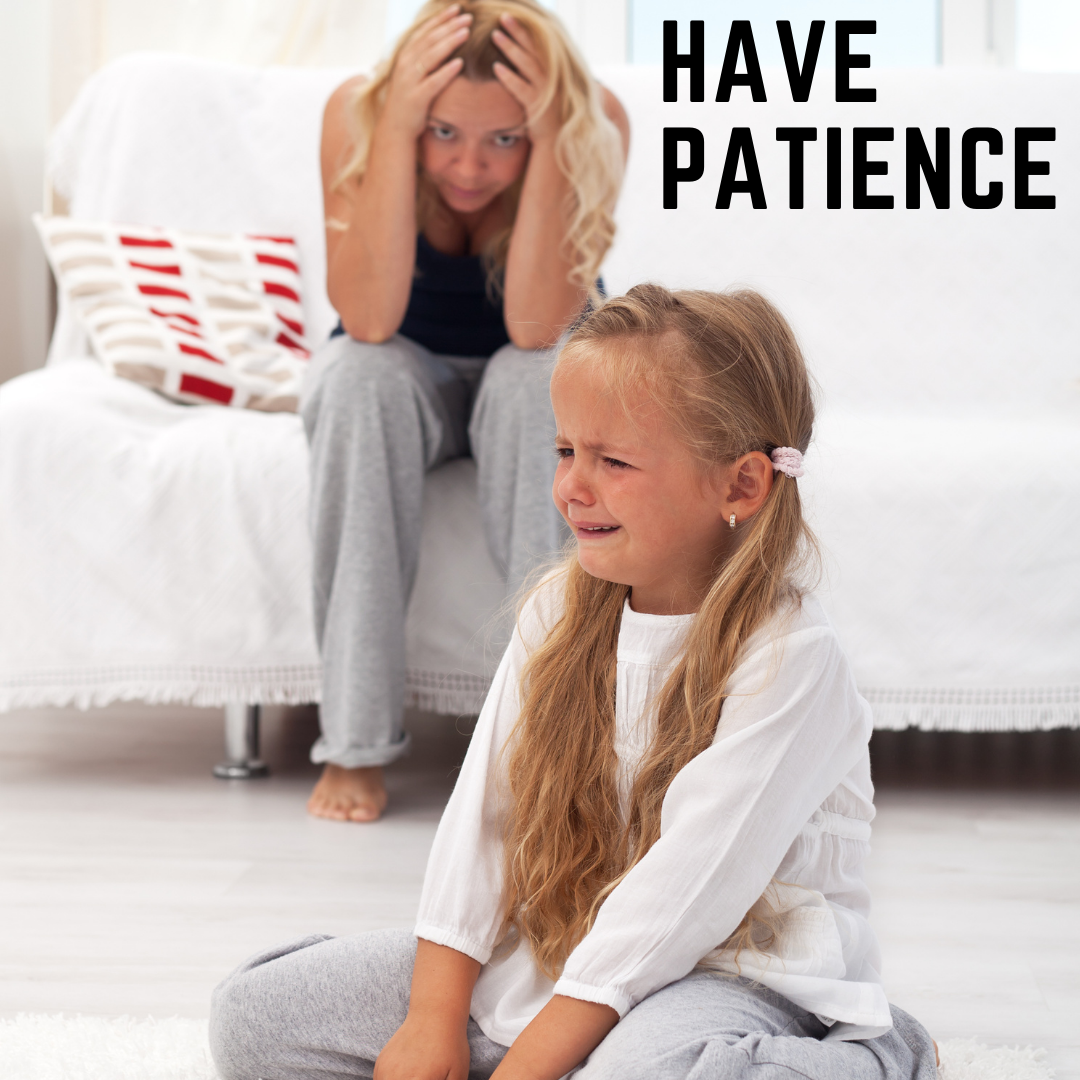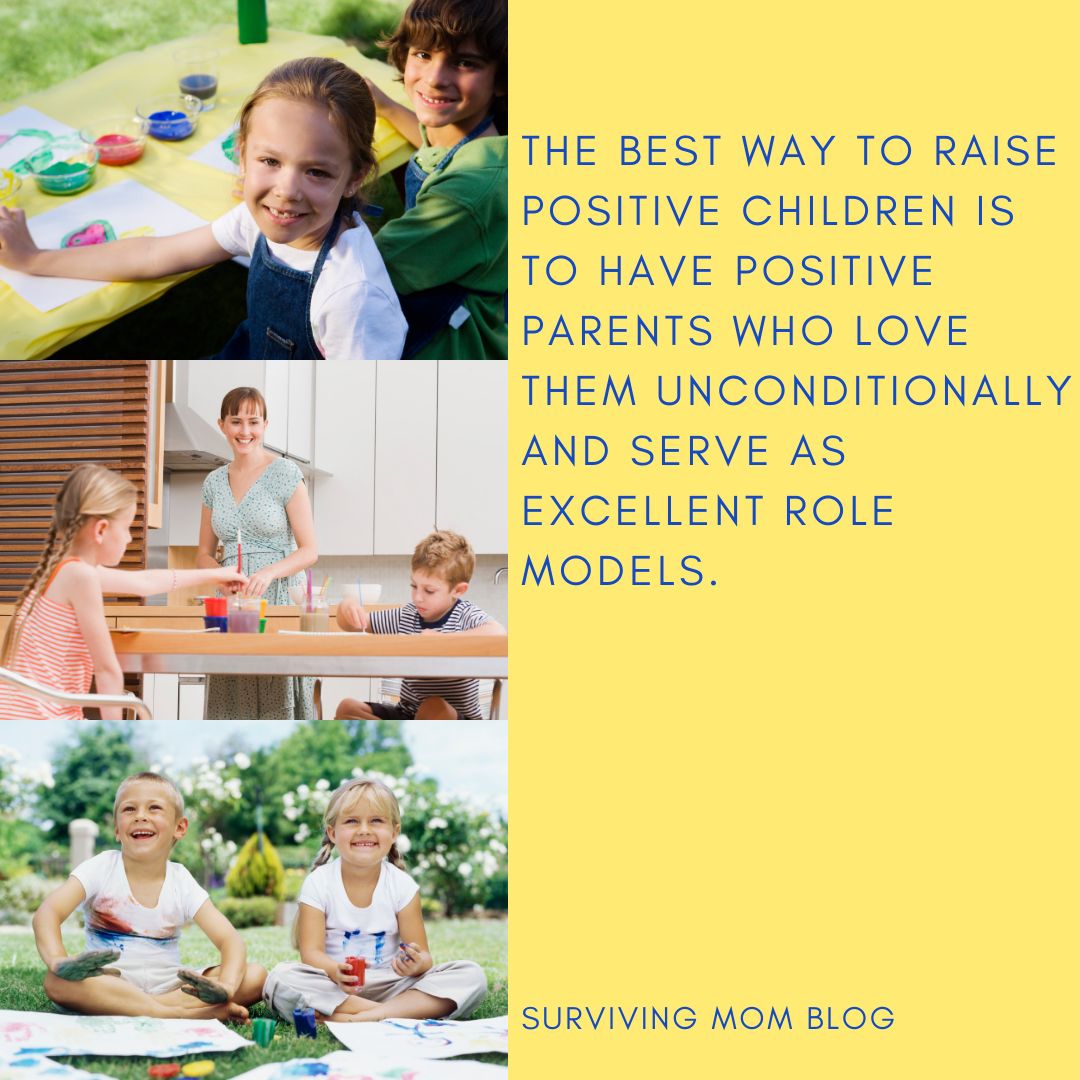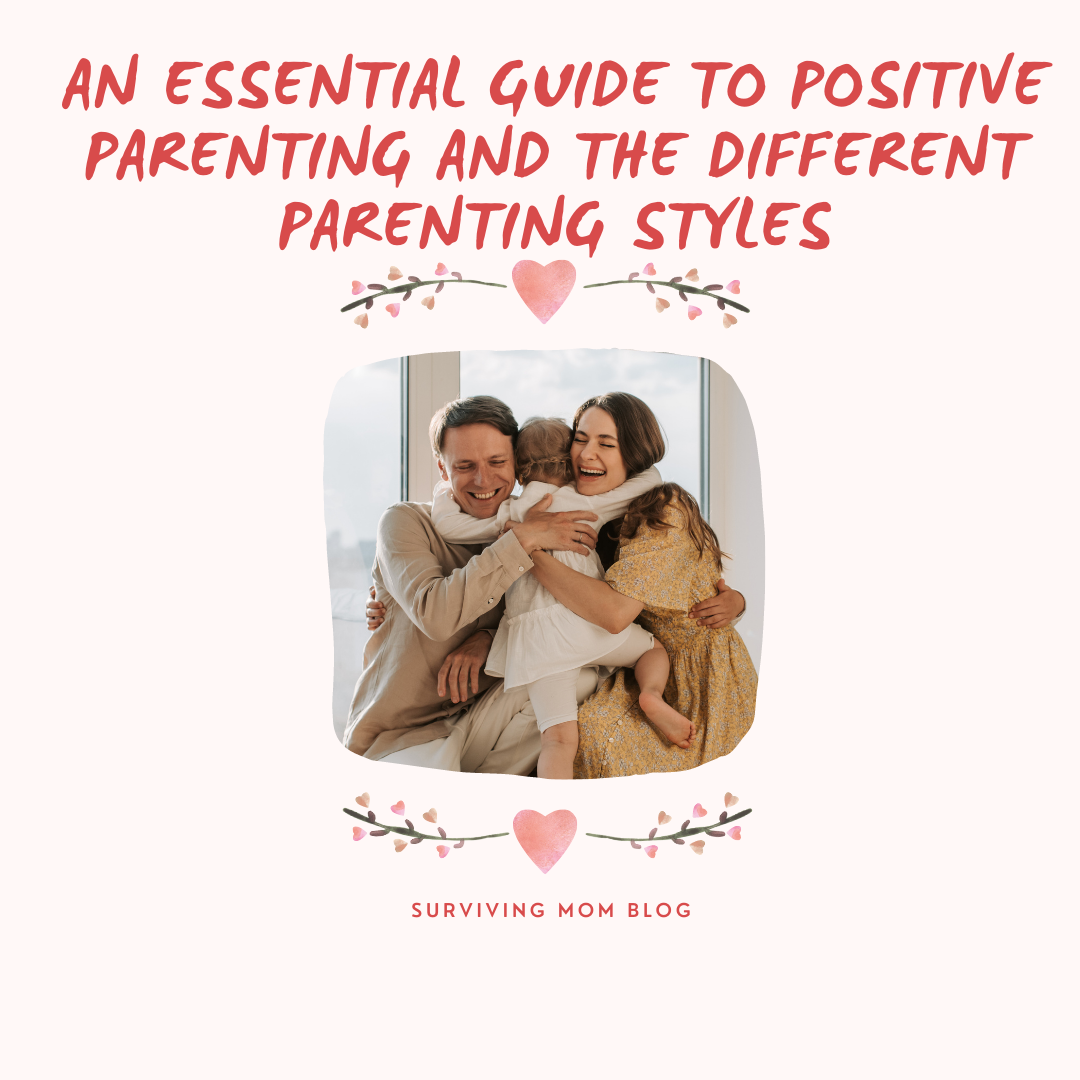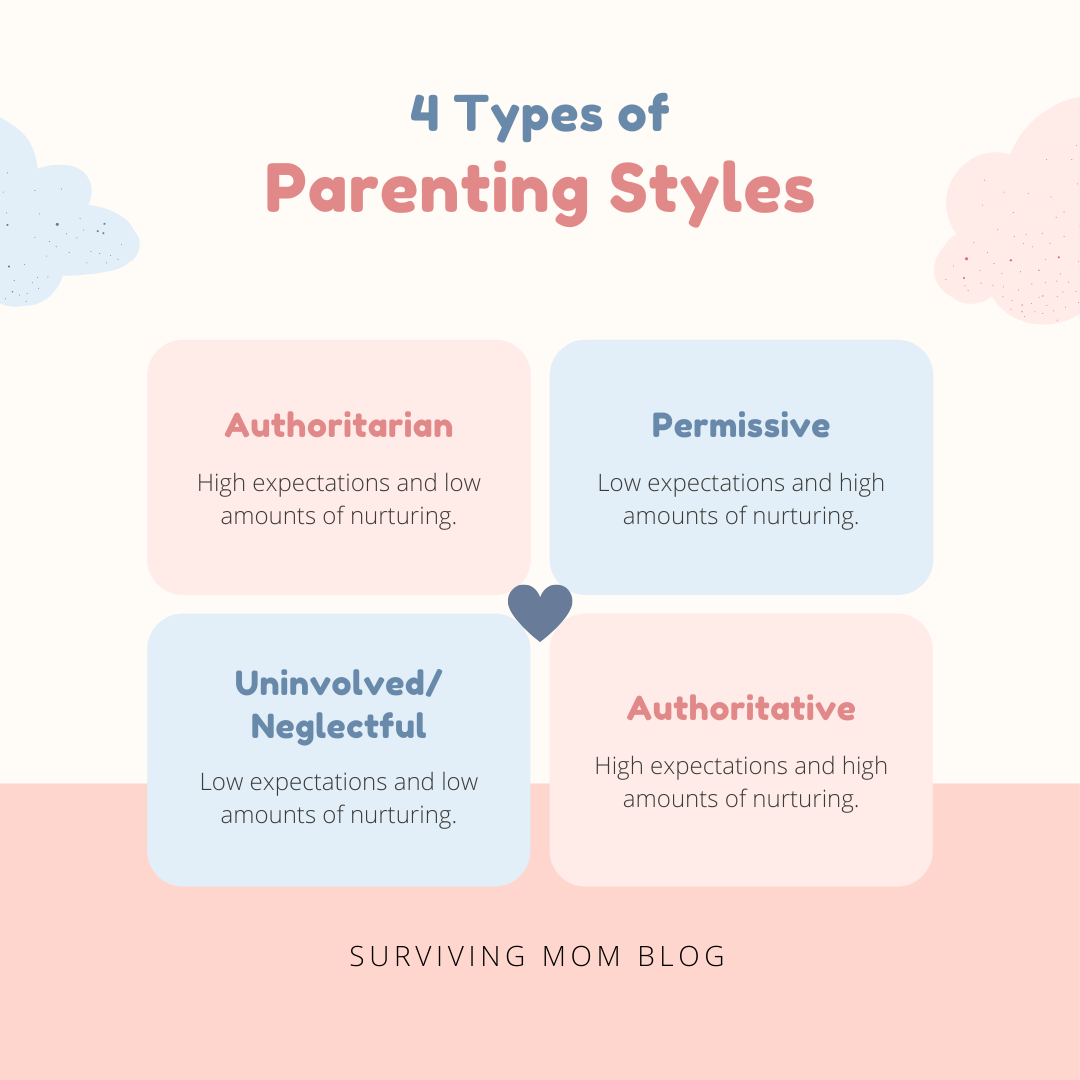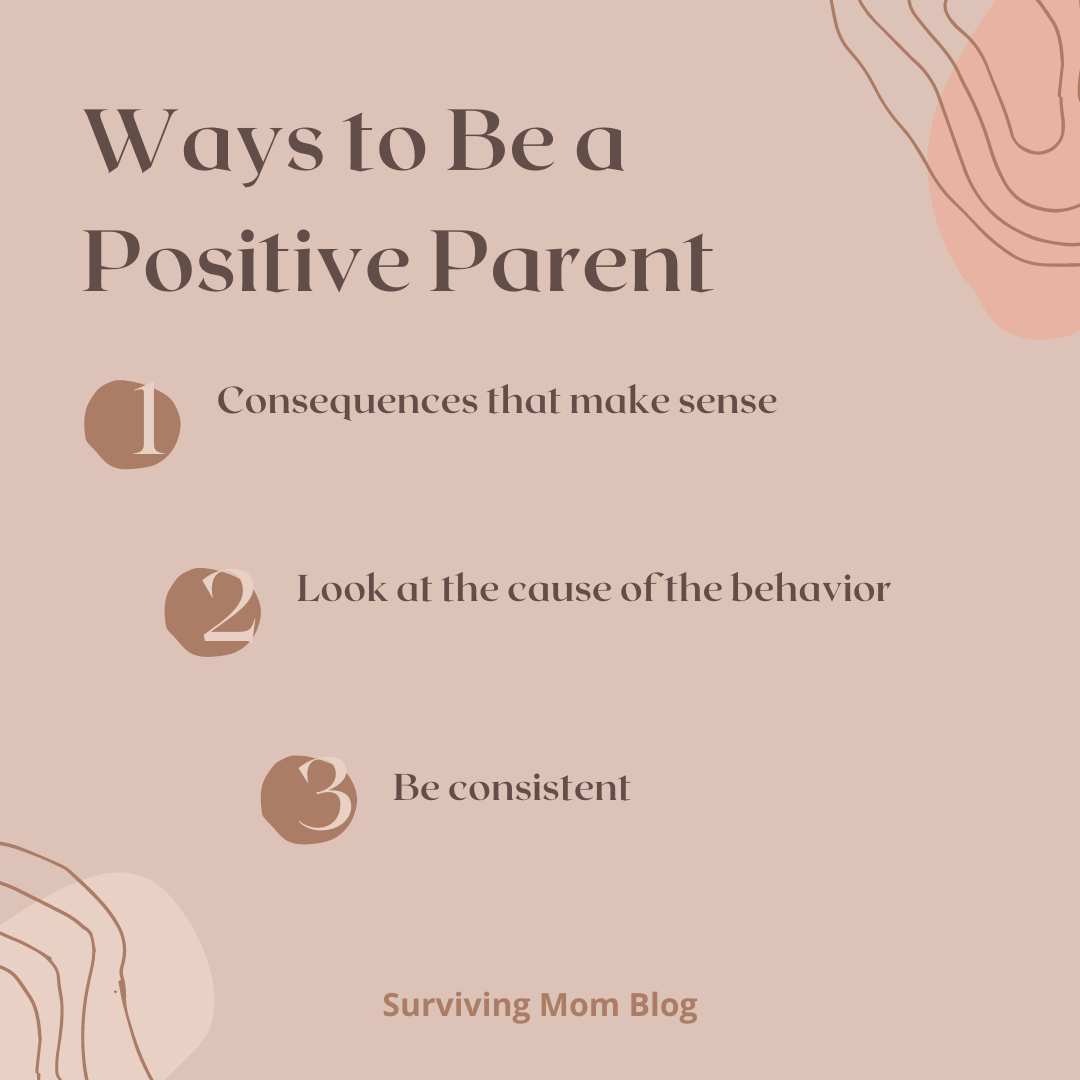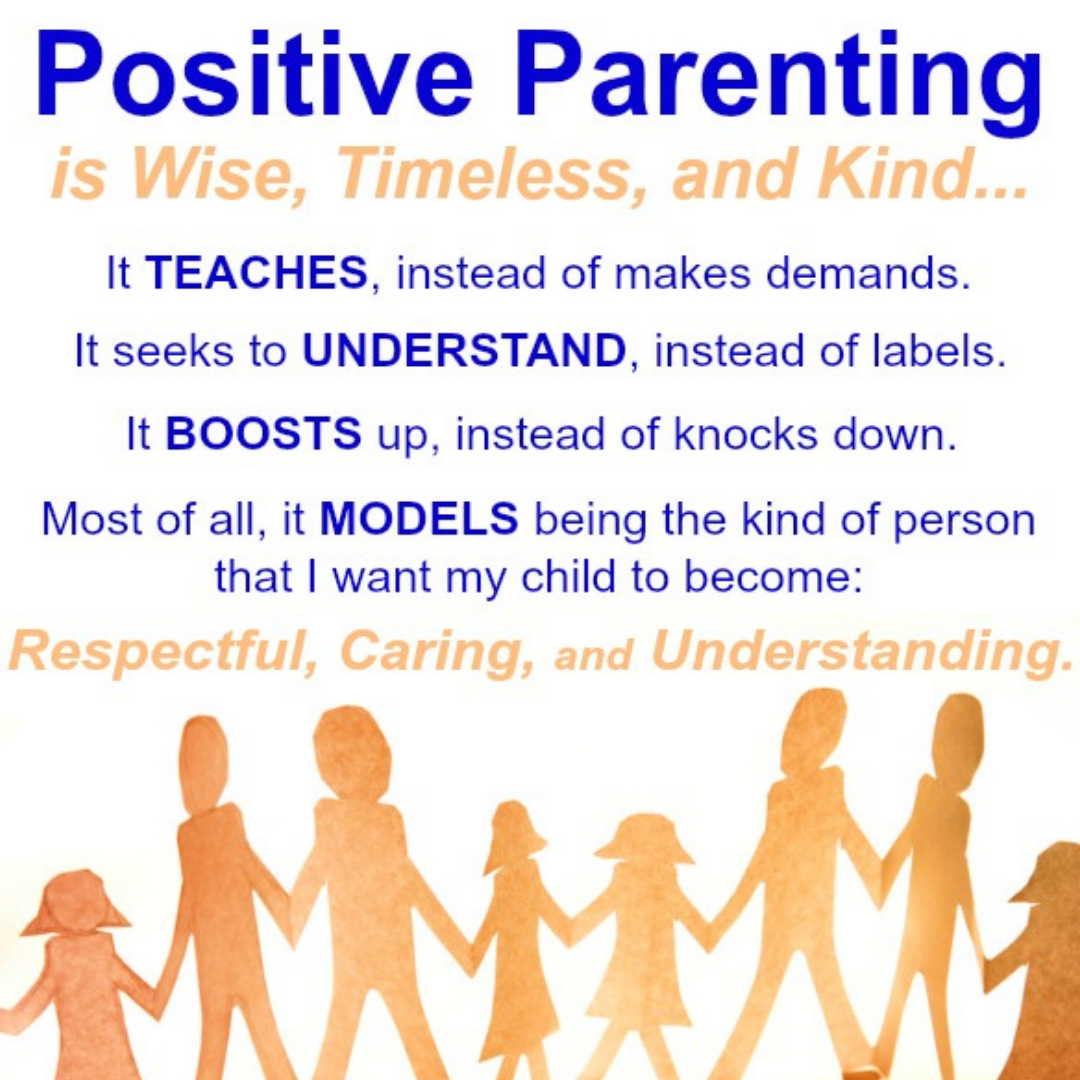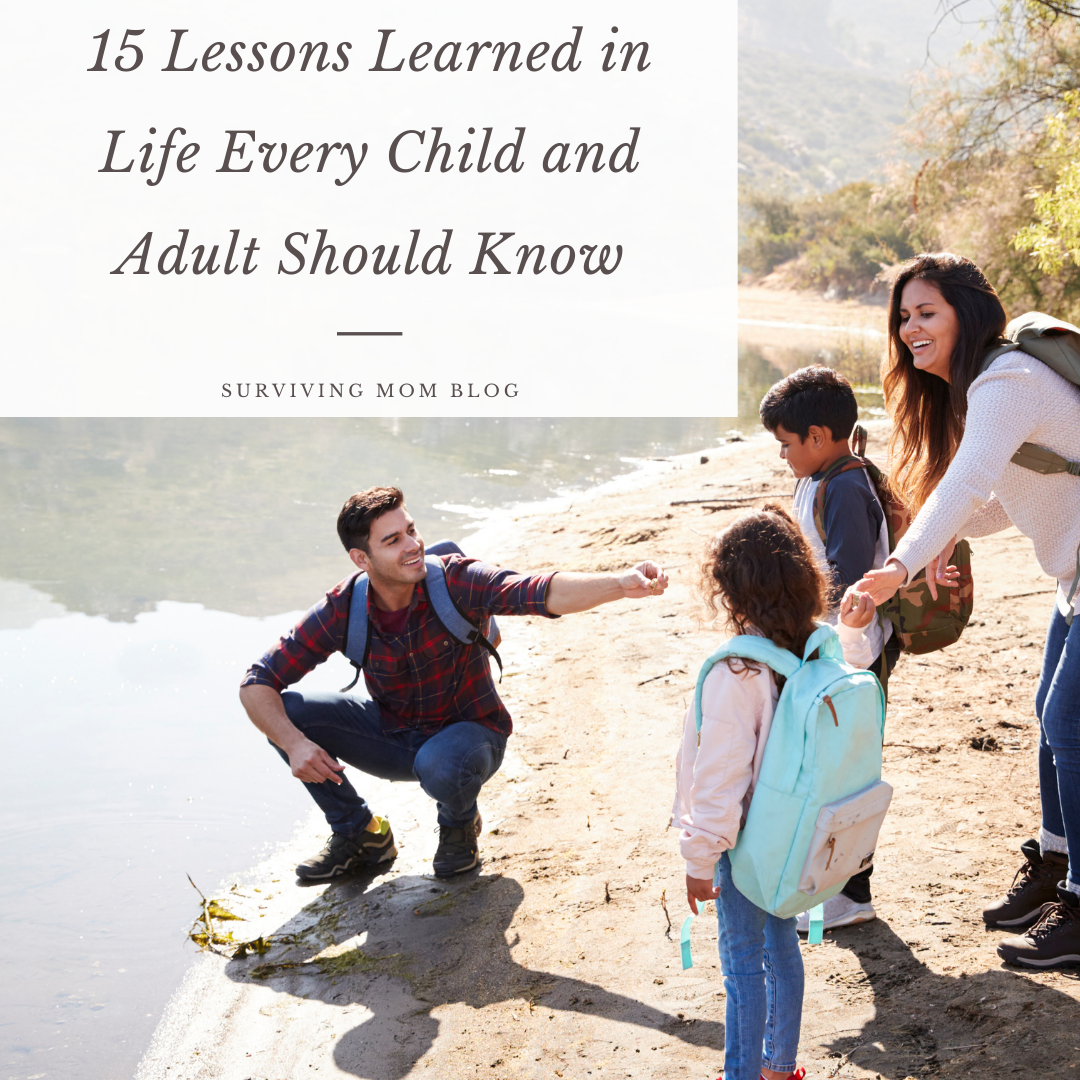
Life is filled with obstacles, but my aspiration is that my child navigates it with courage, determination, and grace. Some life lessons she will have to learn herself, but my hope is that my words can guide her along her journey:
15 powerful LESSONS LEARNED IN LIFE everyone should know
(1) Don’t be afraid to use your voice
There will always be people who won’t agree with what you are saying, and that is okay. If you believe in something strongly, keep standing by your convictions. Don’t allow anyone to diminish your feelings or beliefs. Stay true to yourself and let you head and you heart be your north star. If you are willing to follow them, they will always lead you in the right direction.
(2) This world can be a cruel place, and people may judge or comment about how you look
It is okay to take pride in your appearance, but remember that your looks should not define you. Strive for kindness. Unlike beauty, kindness does not fade with age. There will be times that it is tempting to combat cruelty with cruelty. There is enough anger and hate in this world. Allow the light within you to lead you out of the darkness.
(3) Weight is simply a number on a scale
It is easy to fall down the rabbit’s hole if you focus on those numbers. Instead, strive to be healthy. Eat fruits and vegetables and exercise. It is okay to enjoy a snack or eat a bowl of pasta. Remember to do things in moderation. Take care of your body as opposed to trying to change your body. This is a very important life lesson.
(4) You can be anything you want to be
Really. Don’t listen to anyone who tells you otherwise. Reach for the stars, and do something that you feel passionate about. It is okay to have high ambitions. Don’t allow yourself to settle for anything less than what will make you happy. Always believe in yourself.
(5) It is okay to be emotional
That may make some people uncomfortable, and that’s on them. Some may tell you to “stay strong”. Expressing your emotions is what truly makes you strong. Trust your emotions. Don’t bury your feelings or let others tell you how to feel. It is normal and healthy to express your feelings. Care. Care deeply and feel deeply. If more people were like that, the world would be a much better place.
(6) There is no weakness in forgiveness
Like everything else, this needs to be applied in moderation. Forgive those who genuinely care and respect you. There will be people who will mistake your kindness for weakness. Those people will try to take advantage of you. Don’t have those types of people in your life. People will make mistakes, and you will make mistakes. That is par for the course. Forgive yourself and forgive others. Don’t allow the weight of mistakes to crush you.
(7) Have respect and compassion for others and for yourself
Accept and love all parts of yourself. Remember to always treat others the way you want to be treated. Set boundaries and hold yourself and others accountable for respecting those boundaries.
(8) It is okay to be different
Stay true to who and what you are. It is difficult to be different in this world because there is a lot of judgment and ignorance. That doesn’t mean you should allow those types of people to dictate how you live your life. There are enough sheep in this world. Be a leader, not a follower, and always march to the beat of your own drum.

(9) Your body, your choice. Period.
Don’t let anyone tell you what to do with your body. Hug those you want to hug (if they want to be hugged). Kiss those you want to kiss (if they want to be kissed too). If you don’t feel comfortable doing something, then don’t do it. Just as it is better in life to say “no” rather than go along with what others say or do, the same applies to your body. You get to decide when, where and how you use your body.
(10) There are others in this world who may be afraid or unable to stand up for themselves
Just as you should use your own voice to stand up for yourself, remember to speak up if someone else is getting mistreated. Remember that saying nothing speaks volumes.
(11) Love is a gift and a privilege
So is trust. Both should only be given to those who earn it and treasure it. Love wisely, but don’t be afraid of loving. Love is the only answer in a world of endless questions.
(12) Try your best at everything you do
If you are only willing to put in partial effort, it isn’t worth any effort at all. Don’t confuse effort with perfection. Nobody is capable of perfection. Your best will sometimes be better than others, and sometimes others will be better than yours. Do the best you can and accept that your best is all you can strive for. Whatever the outcome might be, be proud of yourself for trying. I will always be proud of you too.

(13) Life is comprised of a series of choices
Often the right choice is the harder choice. Choose right over easy every time. It is worth the extra effort to be able to look at yourself in the mirror and be proud of who you are.
(14) Inevitably life will knock you down
The truth is that life is a series of curveballs. No matter the circumstance, always get back up and keep on going. Learn from the lessons life teaches you. Perseverance and believing in yourself are essential ingredients to navigate through the murky waters of life. It may feel like the world is turning its back on you, but determination and hope will always help you find your way.
(15) Remember to not just live life, but to experience it
Remember to see the forest through the trees. Have fun. Spend time doing things that make you smile. Enjoy your own company, but also enjoy the company of others. Life is an adventure, and it is up to you how you live it.

There are many lessons I have learned in life. My hope is that these lessons will remind my child (and yours) that life has so much wisdom in it, if we are open to learning from our experiences.

